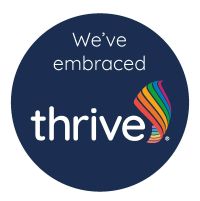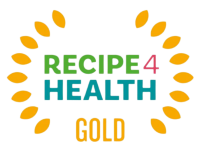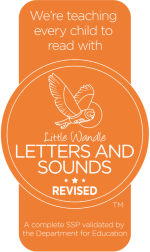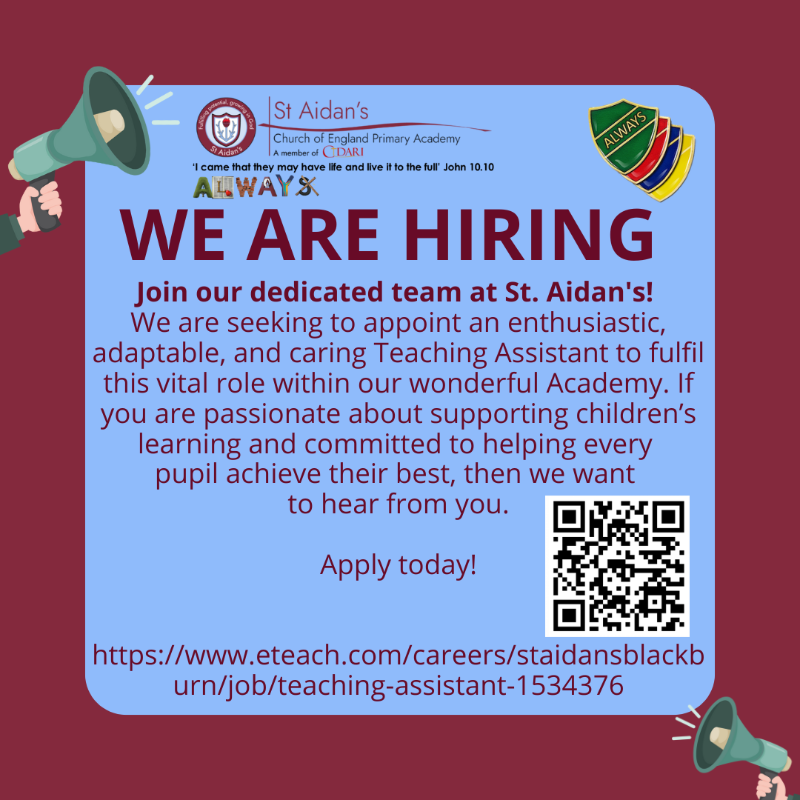English Subject Leader

Miss Cornall

Miss Cornall
Miss Cornall, our experienced English Subject lead, guides our English curriculum.
English Curriculum Intent Statement
At St Aidan’s Church of England Primary Academy our English curriculum is designed to recognise children’s prior learning. We aim to provide first hand experiences, allow the children to develop interpersonal skills, build resilience and become more creative, critical thinkers.
Every child at our school is a unique individual. We celebrate and welcome differences within our school community. The ability to learn is underpinned by the teaching of basic skills, knowledge and values. We provide a range of enhancement opportunities to engage learning and believe that childhood should be a happy, investigate and enquiring time where there are no limits to curiosity and there is a thirst for new knowledge.
English provides an essential means of communication, both in and out of school and it enables our children to creatively and imaginatively share their ideas and opinions. A high quality education in English will teach pupils to speak and write fluently so that they can communicate their ideas and emotions to others and through their reading and listening, others can communicate with them.
The National Curriculum (2014) states that teaching the English language is essential. We know that we have a duty to ensure that English teaching is a priority and recognise that these needs should be met through the full curriculum.
‘Teachers should develop pupils’ spoken language, reading, writing and vocabulary as integral aspects of the teaching of every subject. English is both a subject in its own right and the medium for teaching cross-curricular; for pupils, understanding the language provides access to the whole curriculum. Fluency in the English language is an essential foundation for success in all subjects.’
(P10 National Curriculum)
Spoken Language
We believe that children need to develop their use of language in order to learn, and to play a full and active role as individuals in society; it is the key to independent learning. We see the need to acquire and develop language skills as a major part of the curriculum. To encourage this we adopt a critical thinking and oracy approach across the curriculum.
From Reception to Year 6 all children are encouraged to:
-
To justify ideas with reasons
-
Ask questions to check understanding
-
Develop vocabulary and build knowledge
-
Evaluate and build on the ideas of others
-
Select the appropriate register for effective communication
-
Give well structured descriptions and explanations
Writing
We want all of our children to become successful and confident writers. From the EYFS through to the end of Year 6, the children develop their writing skills through a wide range of purposeful and exciting activities and experiences.
EYFS
In the early years emergent writing is encouraged through the use of different writing materials, including felt tipped pens, crayons, chalk, sand, magnetic letters, big brushes, water, paint and computers, as well as writing in the role-play areas, such as postcards, menus, invitations, labels etc. Alongside this, children take part in activities to encourage and develop gross and fine motor skills necessary to write in a legible script following the Letter join scheme. Letter formations are taught within phonic sessions, when children are writing in child initiated activities and as discrete structured sessions. Writing is linked to books read, children’s interests, guided reading books and phonics known for that child. Children are encouraged to take part in free writing and teachers model writing where phonic knowledge is showcased. Children are encouraged to write phonetically plausible words and high frequency words are taught in discrete lessons.
KS1
Comprehensive fiction and non fiction units are taught in Y1 and Y2 based on books that have been carefully constructed so the entire statutory curriculum for English is covered. We aim to provide high-quality teaching of writing through high-quality literature. These detailed units of work focus on engaging, vocabulary-rich texts, with a wealth of writing opportunities.
The units provide:
-
Clear sequential Episodes of Learning
-
Vocabulary learning and contextualised spelling, grammar and punctuation
-
Wider reading for the wider curriculum
-
Curriculum Enrichments
-
Model Texts linked to writing outcomes
KS2
At St Aidan’s we have adopted ‘The Write Stuff’ by Jane Constantine to bring clarity and consistency to the mechanics of writing and to enable our children to write effectively and coherently. Children from Year 3 to Year 6 learn to write and develop their writing through the Write Stuff approach. This was developed by teacher and leading English consultant, Jane Considine. It is a fun, creative and rigorous approach to develop children’s writing. This approach allows children to apply basic skills, vocabulary and grammar knowledge to write effective sentences, which are full of impact and keep the reader interested.
In The Write Stuff approach to writing, the children explore high level, rich vocabulary and are taught grammar in context through different writing lenses on the Writing Rainbow. There are three lenses used to support children with their writing:
Fantastics – ideas for writing
Grammaristics – tools for writing
Boomtastics – writing techniques
The Write Stuff is based on two guiding principles; teaching sequences that slide between experience days and sentence stacking lessons.
As part of the teaching sequence, teachers plan experience days; sentence stacking lessons and independent writing sequences. Experience days immerse children in experiences linked to their writing and drench them in vocabulary linked to the lenses in ‘The Writing Rainbow’. From the experience days, children take part in the sentence stacking lessons. Sentence stacking lessons focus on writing three sentences with focuses on lenses of the rainbow.
‘The Write Stuff’ follows a method called ‘Sentence Stacking’ which refers to the fact that sentences are stacked together and organised to engage children with short, intensive moments of learning that they can then immediately apply to their own writing.
An individual lesson is based on one plot point from the text, broken in to three learning chunks:
-
1. Initiate section – a stimulus to capture the children’s imagination and set up a sentence.
-
2. Model section – the teacher models a sentence that outlines clear writing features and techniques.
-
3. Enable section – the children write their sentence, following the teacher’s model.
This part of the unit is heavily scaffolded with lots of teacher input and modelling of vocabulary use, sentence construction and use of grammar with reference to the 3 writing lenses.
During the initiate section children ‘chot’ (chat and jot) down their ideas from stimulating resources, such as pictures, music and drama. The children are encouraged to use ‘kind calling out’ where they call out examples of vocabulary, adverbs, onomatopoeia etc.
During the Model section the teacher prepares children for writing by modelling the ideas, grammar and techniques of writing taken from the writing rainbow.
In the Enable section pupils write their own sentences, taking the opportunity to deepen the moment. ‘Deepen the Moment’ is where children are challenged to independently draw upon previously learnt skills and apply them to their writing during that chunk.
Following the sentence stacking, children are given the opportunity to show what they have learnt by planning and writing their own independent piece of writing. After they have written their independent piece, their work is marked by the class teacher who identifies different aspects of their written piece to be edited. There are 3 elements to the editing;
E1 Edit: The Revise
Edit Type 1: These are often ‘little’ adjustments or changes and tend to fall into one of these categories; Spellings Missing words or Punctuation
E2 Edit: The Rewrite
Edit Type 2: Children are asked to re-write a sentence if it doesn’t make sense, could be restructured or generally improved.
E3 Edit: The Reimagine
Edit Type 3: This is when a writer wants to add more sentences to develop an idea further. For this the children are shown how to use ‘editing flaps’.
Editing flaps are extra pieces of paper that stick onto their writing and show the additional sentences added into their work.
The Write Stuff provides a balance of narrative, non-fiction and poetry writing throughout each term.
Impact
Having followed the Write Stuff approach to developing their writing skills children should be able to
-
write for a range of purposes including diary entries, persuasive letters, stories, poems and recounts to name but a few.
-
use their vast knowledge of vocabulary to excite, inform or entertain the reader.
-
understand a range of punctuation and the effect it can have on the reader in both writing and reading.
-
understand and be able to use a range of grammatical devices.
-
understand the various sentence types that can be used to support different genres.
-
spell accurately using their phonetic knowledge and apply spelling rules.
-
to speak clearly, fluently and coherently, to be able to listen attentively with understanding, pleasure and empathy and contribute to group discussions.
Phonics
We aim to provide high quality, systematic phonic work taught in Reception and KS1 for a minimum of twenty minutes per day. We believe that phonics sessions should be engaging and interactive. Sessions should include aspects of physical development and engagement as well as oral and auditory phonics practice.
Phonics groups are taught by teachers and teaching assistants in Reception and KS1. Children work in ability groups, learning the relevant GPCs, blending and segmenting skills and spelling rules for their phase to ensure that teaching and learning is effective.
Children’s phonetic development is assessed by the Phonics Lead at the end of each term to ensure that errors, misconceptions and gaps in learning are quickly identified.
We have 2 teaching assistants trained in the Fisher Family Trust early reading intervention to provide a 10 or 20 week programme of daily reading for pupils in year 1 and 2 who are having difficulties in attaining the skills needed to become successful readers.
For children who still require phonics input in KS2, booster sessions are delivered by staff to ensure that children learn the skills necessary to be effective readers and writers.
Phonics Programme
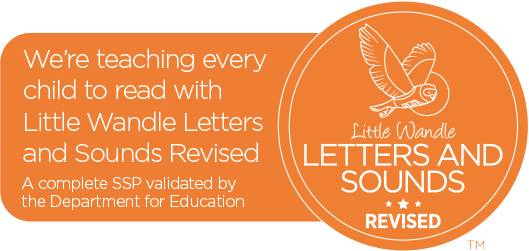
Our school has chosen Little Wandle Letters and Sounds Revised as our systematic synthetic phonics (SSP) programme to teach early reading and spelling. It is based on the original Letters and Sounds which like many other schools across the country, we have been championing for many years. Little Wandle has extensively revised ‘Letters and Sounds’ to provide a complete teaching programme, which is fully resourced and sets expectations of progression that are aspirational yet achievable for all.
We will work through the entire Little Wandle Programme until your child can successfully utilise their phonic knowledge and blending skills to read fluently. Children need to learn to read as quickly as reasonably possible, so they can move from learning to read, to reading to learn, giving them access to the treasure house of reading.
https://www.littlewandlelettersandsounds.org.uk/resources/for-parents/
Please see our ‘Phonics Statement’ for further details on how Phonics progresses in our school.
Spelling
Three discrete spelling lessons are taught each week from Y2-Y6. During these lessons children will be introduced to a specific spelling rule/pattern or letter string. They will be given opportunities to investigate and apply this rule through a range of activities that will deepen understanding. It is vital that children are given opportunities to explore and investigate spelling rules; this is a far more effective way of improving children’s spelling than just providing list of words to be learned ‘by rote’.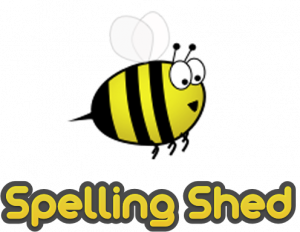
We use Spelling Shed scheme of work for Y1 – Y6. This ensures we provide full coverage of all statutory spelling objectives set out in the National Curriculum.
Each week children are given a list of ‘non negotiable’ spellings from our ‘STEPS Spelling Challenge’ each week children are expected to make an improvement until they score a minimum of 18/20 so they can move onto the next challenge step.
Handwriting 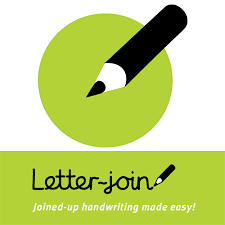
At St. Aidan's, we follow the Letter-Join scheme.
For additional information on reading at St. Aidan’s, we encourage you to explore the ‘Reading’ section of our curriculum found here: https://staidansblackburn.co.uk/classes-curriculum/curriculum-overview/reading
Reading Policy
Writing Documents
Writing Overviews
Writing for a purpose guidance
Grammar and Punctuation
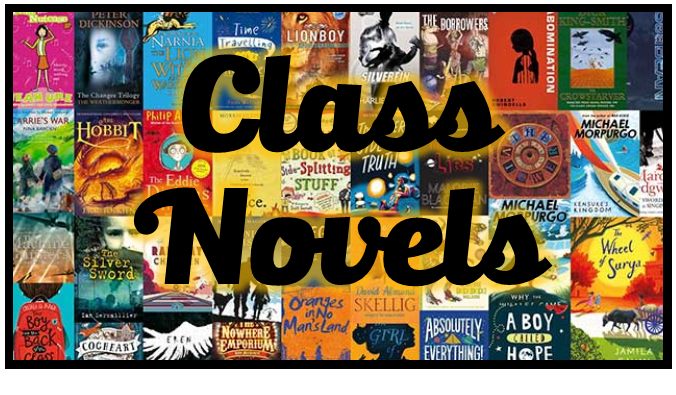
Every day the teachers read aloud the class book to the children. These texts are chosen carefully so there is a range of high quality, diverse texts to engage the children and appeal to everyone.
Class novels 2023-2024
(The books may not be read in this order)
| Y3 |
Y4
|
Y5
|
Y6
|
|
Planet Omar Accidental Trouble Magnet |
The Highland Falcon Thief |
Boy at the Back of the Class |
The Boy Who Made Everyone Laugh |
|
An Alien in the Jam Factory |
Anisha Accidental Detective |
Cosmic |
Holes |
|
Charlie and the Chocolate Factory |
The Lion The Witch and the Wardrobe |
Wizards of Once |
A Kind of Spark
|
|
Grimwood |
When the Mountains Roar |
Nevermore |
Wild Boy |
|
How to Train Your Dragon |
The Marvellous Journey of Edward Toulane |
Coraline |
Who Let the Gods Out |
|
The Girl Who Stole an Elephant |
The Lost Bear |
Wonder |
Letters from the Lighthouse
|
For additional information on reading at St. Aidan’s, we encourage you to explore the ‘Reading’ section of our curriculum found here: https://staidansblackburn.co.uk/classes-curriculum/curriculum-overview/reading
A World of Stories in Jars! Our World Book Day Success!
What a magical World Book Day we had this year! On Thursday 6th March, our school was transformed into a vibrant celebration of reading and imagination.
This year's official World Book Day theme, "Story In The Jar," inspired by the delightful book "Star In The Jar," encouraged us to think creatively about how we tell stories. We took that inspiration and combined it with a classic: dressing up as our favourite book characters. And what a spectacular sight it was!
It was absolutely wonderful to see so many of our children arrive in such amazing costumes, bringing beloved characters to life. From brave adventurers to whimsical wizards, the effort and enthusiasm were truly inspiring. A huge thank you to all the children and their parents for the incredible creativity and dedication you showed.
But the fun didn't stop at costumes! We also launched our very own "Story In The Jar" competition, and we were blown away by the imaginative entries. It was clear that everyone had put a lot of thought and effort into capturing the essence of their chosen stories within a jar.
After much deliberation, we are thrilled to announce our "Story In The Jar" competition winners:
-
Aamena from Year 1
-
Oscar from Year 4
Congratulations to Aamena and Oscar! They have won a fantastic prize: a trip into town with Mrs. Harrison to choose a brand new book from Waterstones and enjoy a delicious drink from Costa. We hope you both have a wonderful time!
Thank you to everyone who participated in World Book Day. It was a truly memorable day filled with the joy of reading and the power of storytelling. We are so proud of our children's creativity and love for books. Let's keep the magic of reading alive all year round!
#worldbookday2025


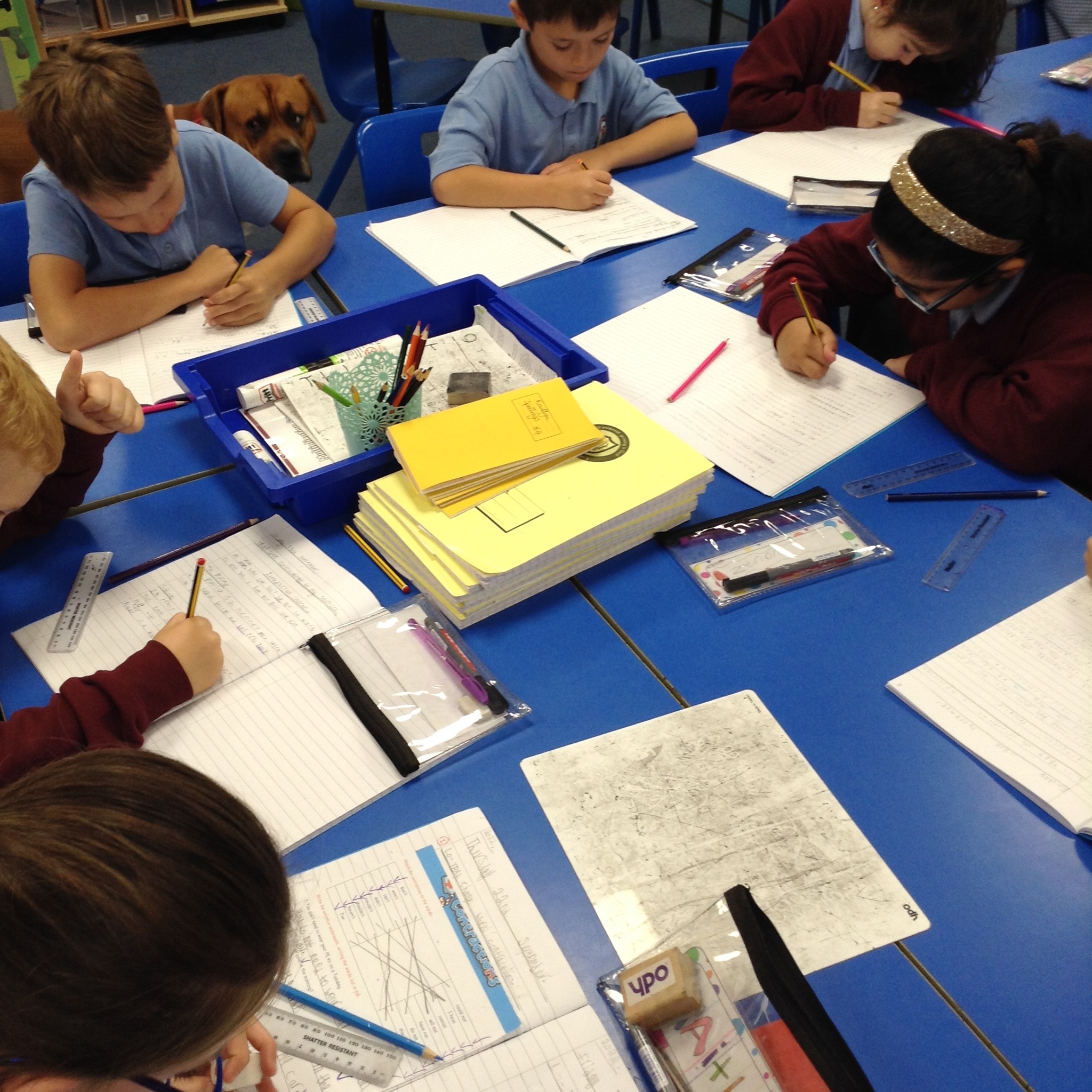
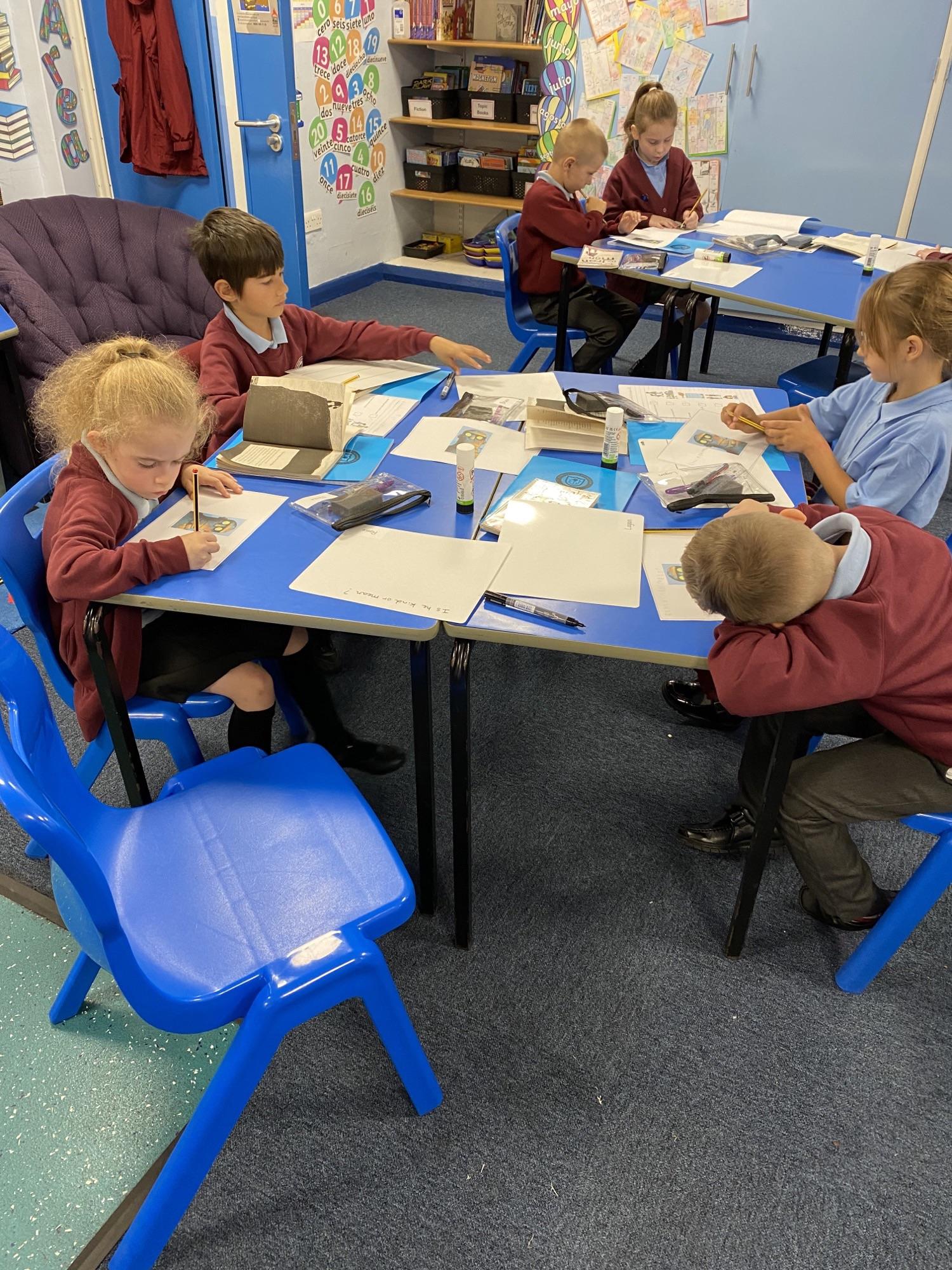
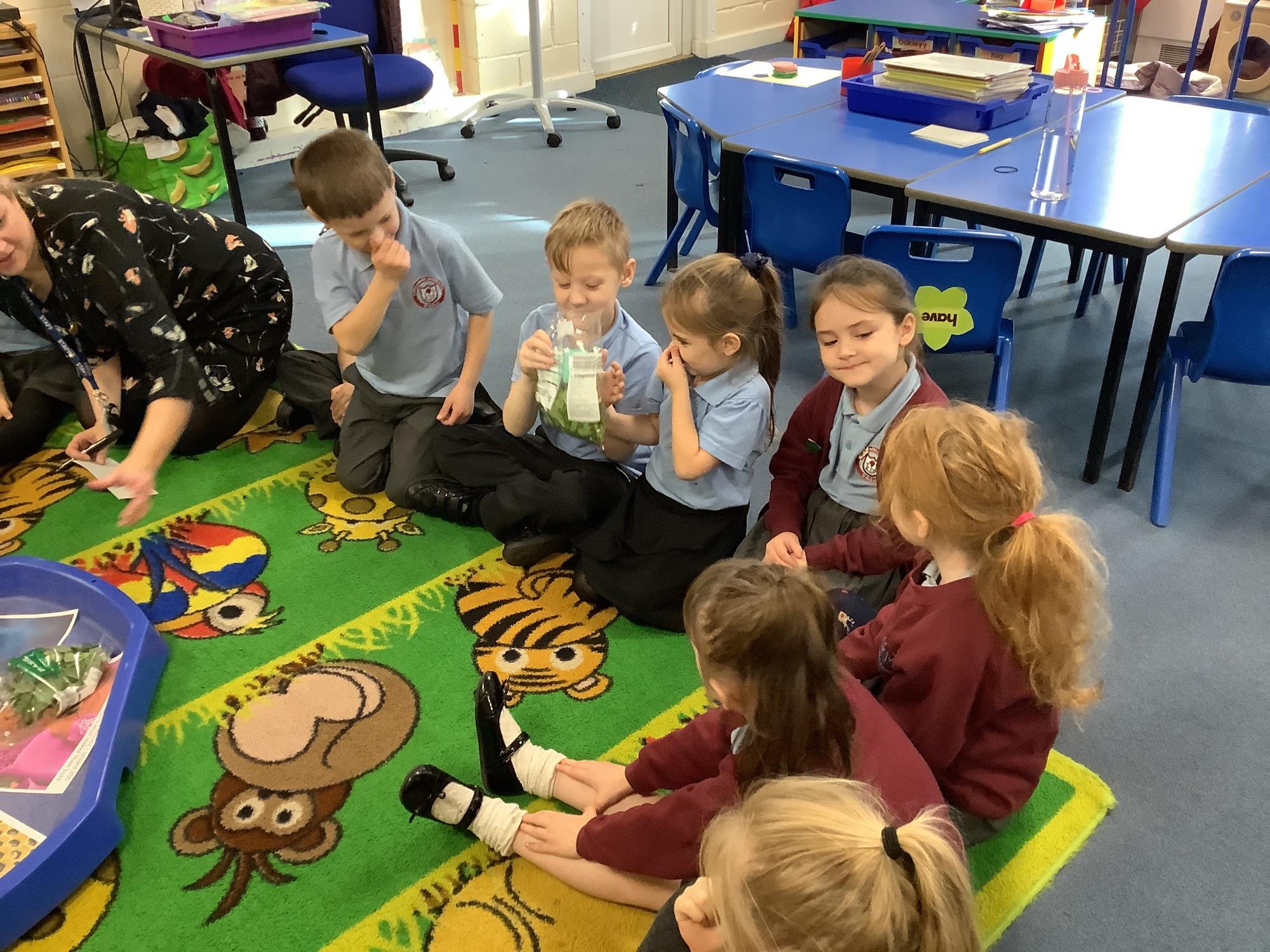
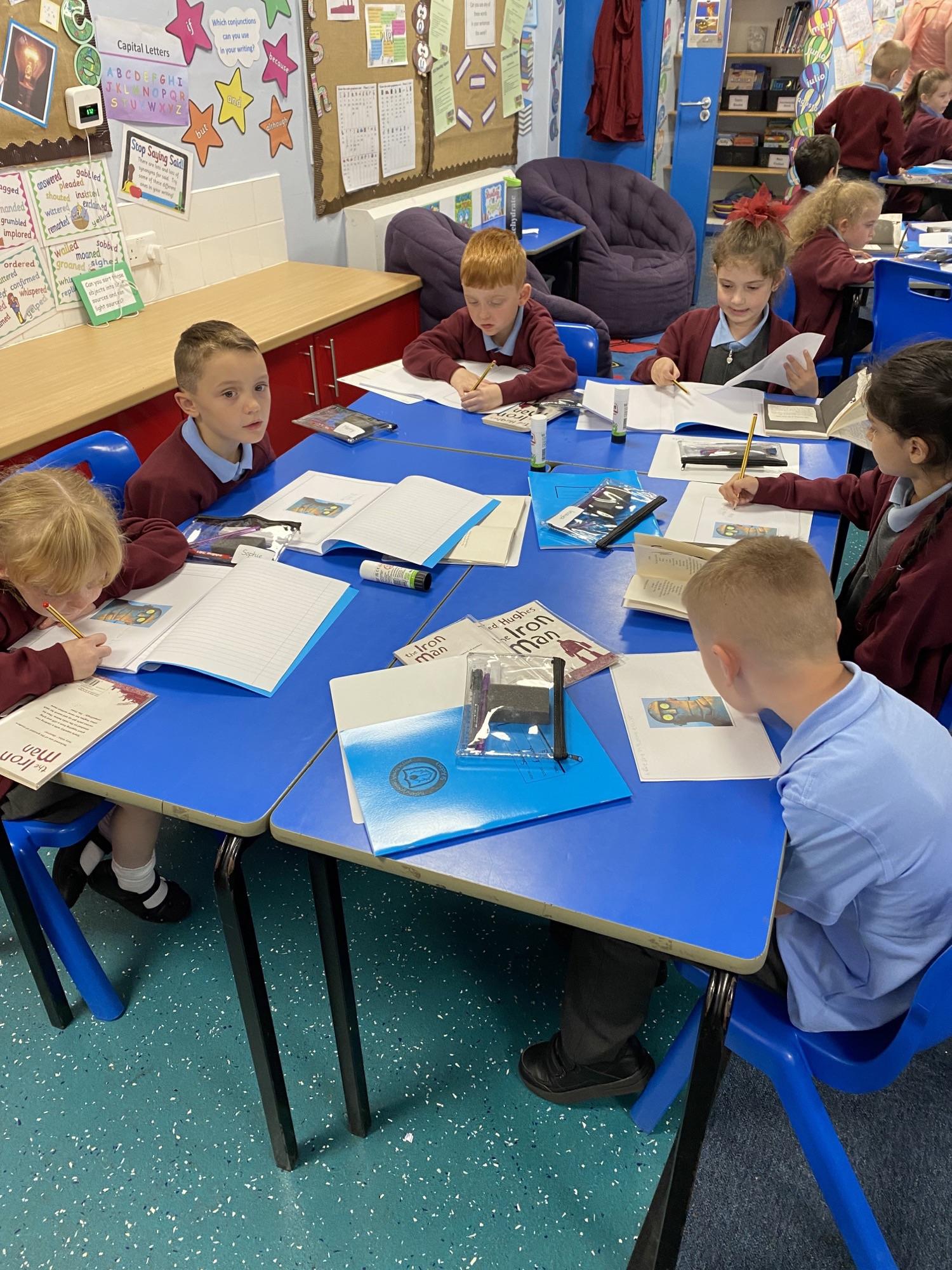
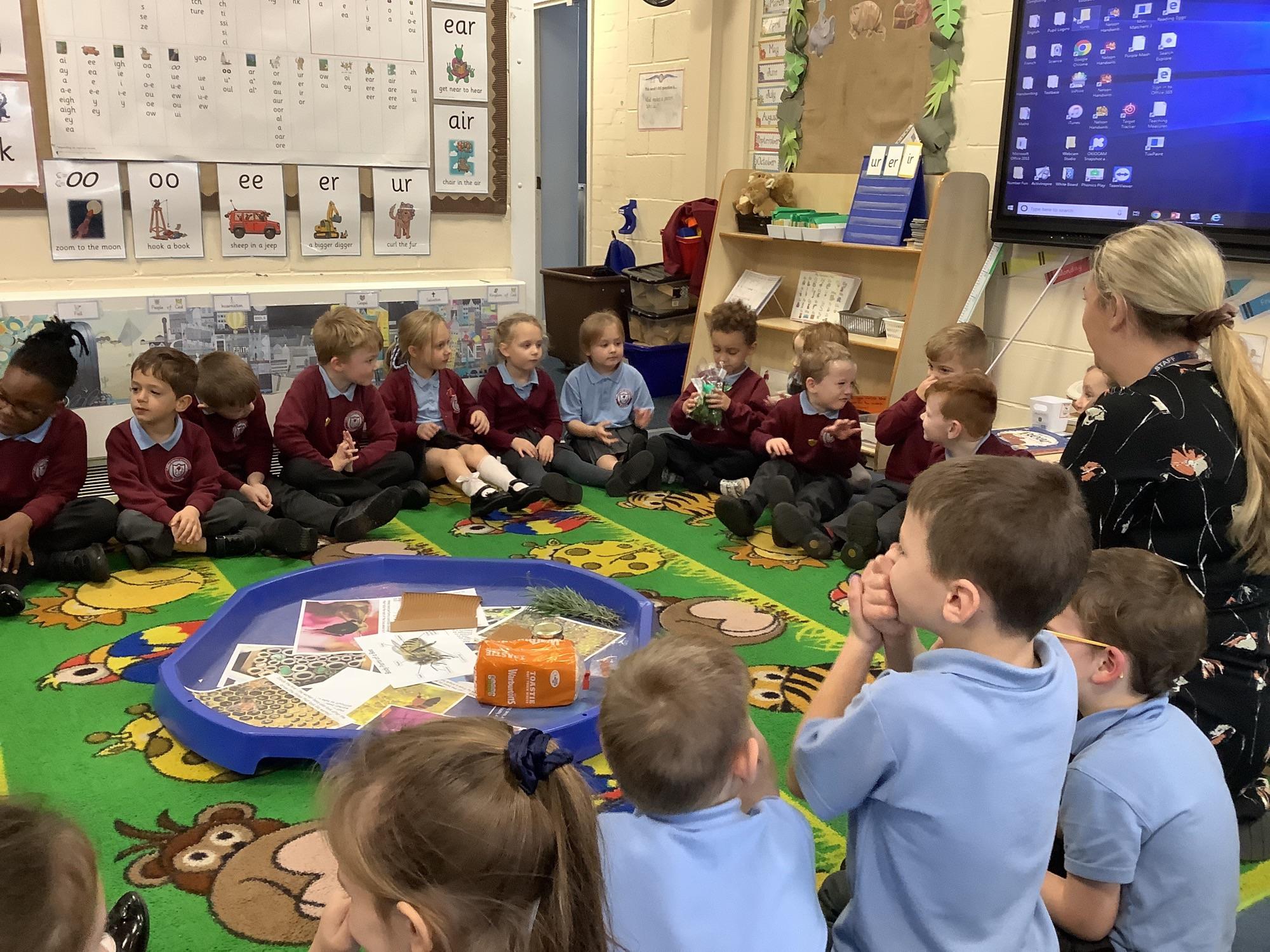
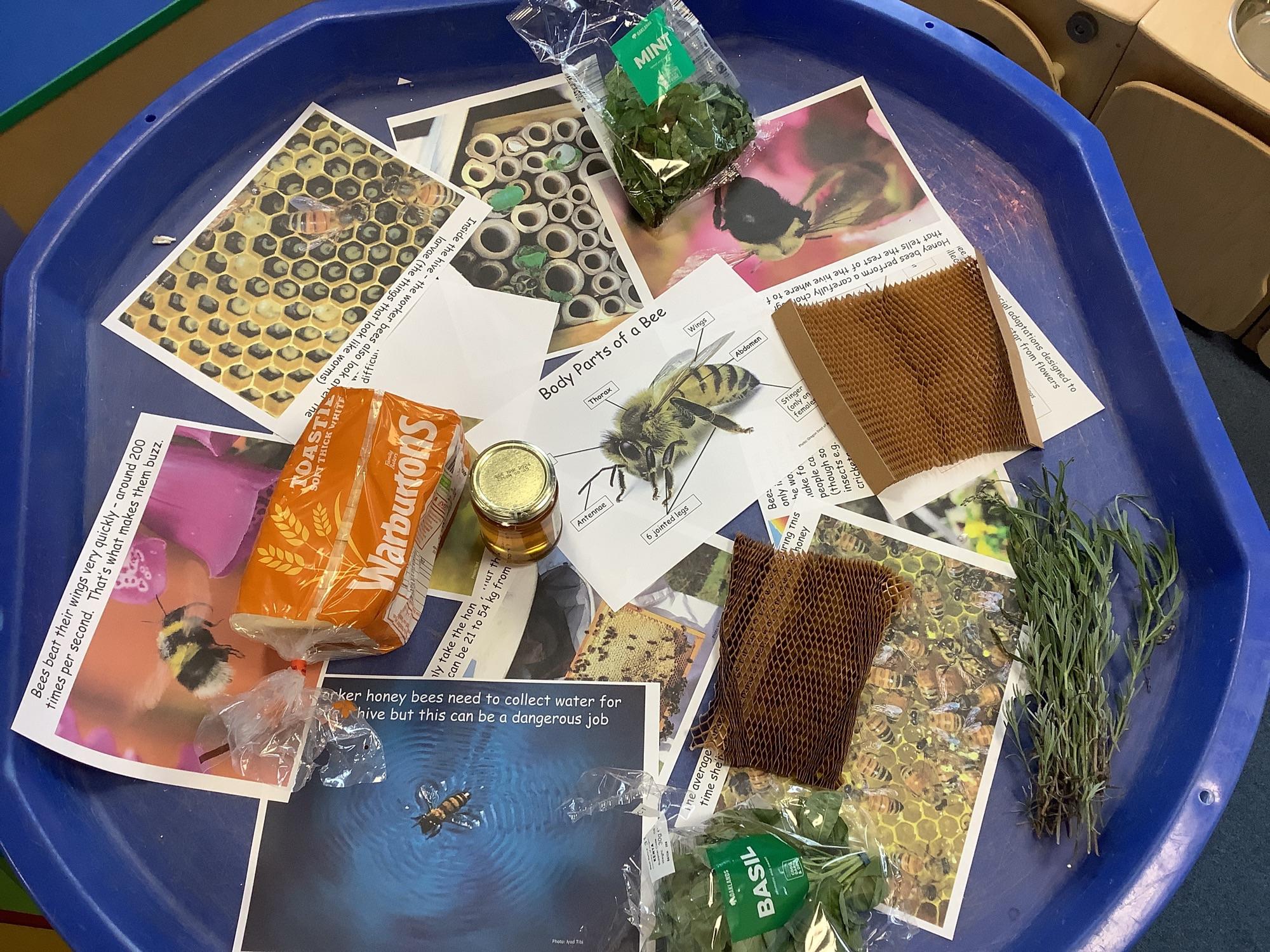
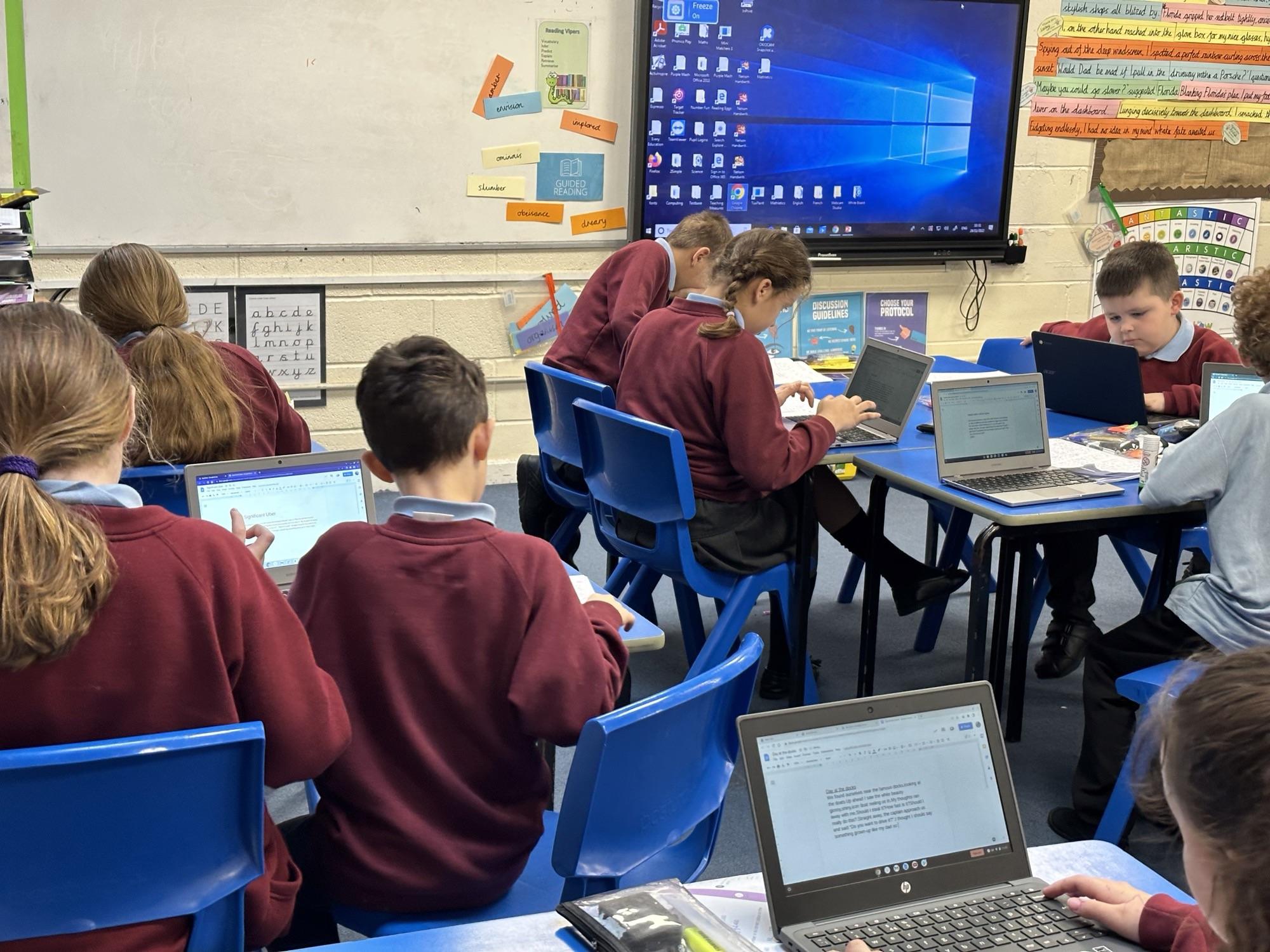
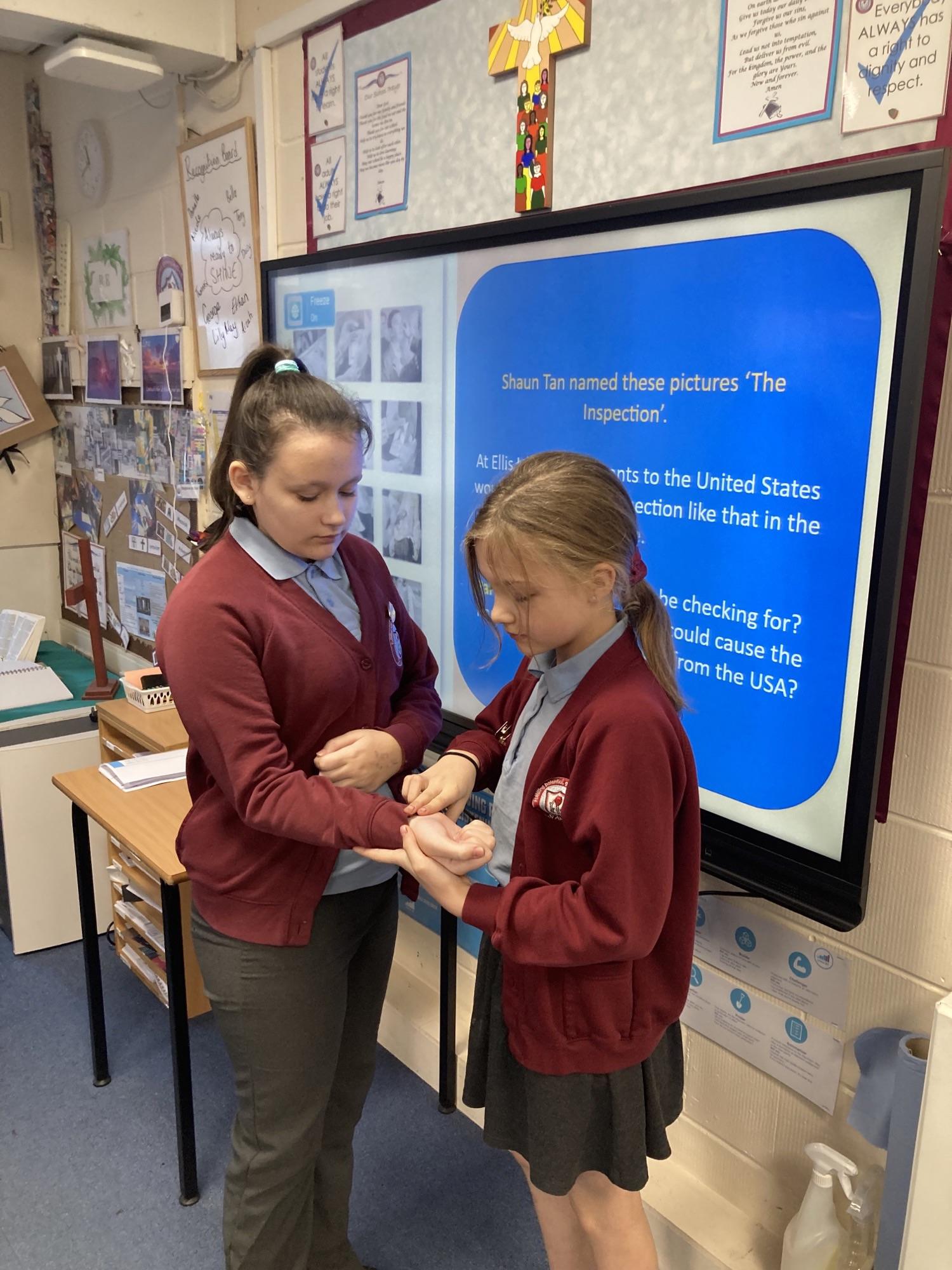
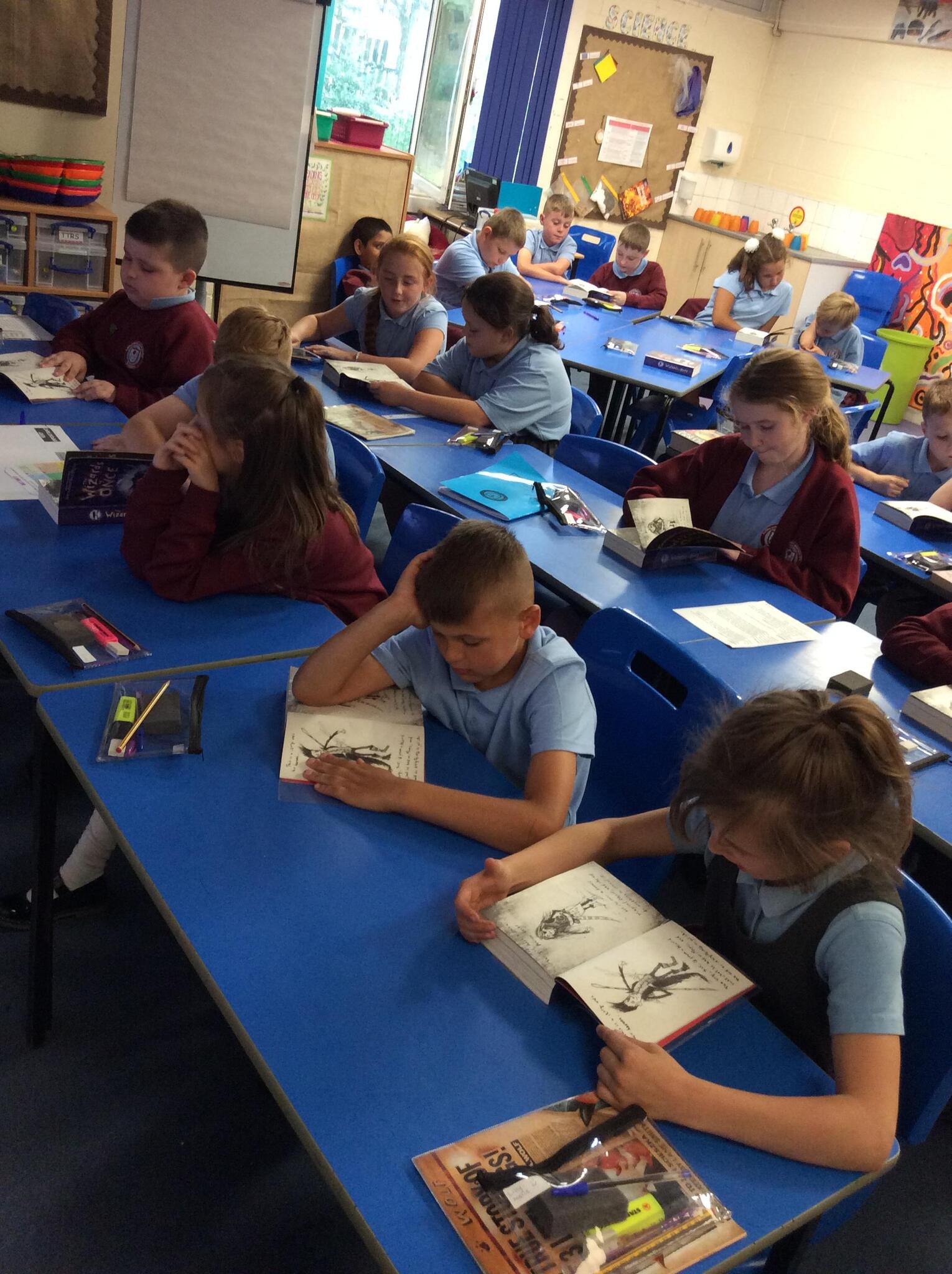
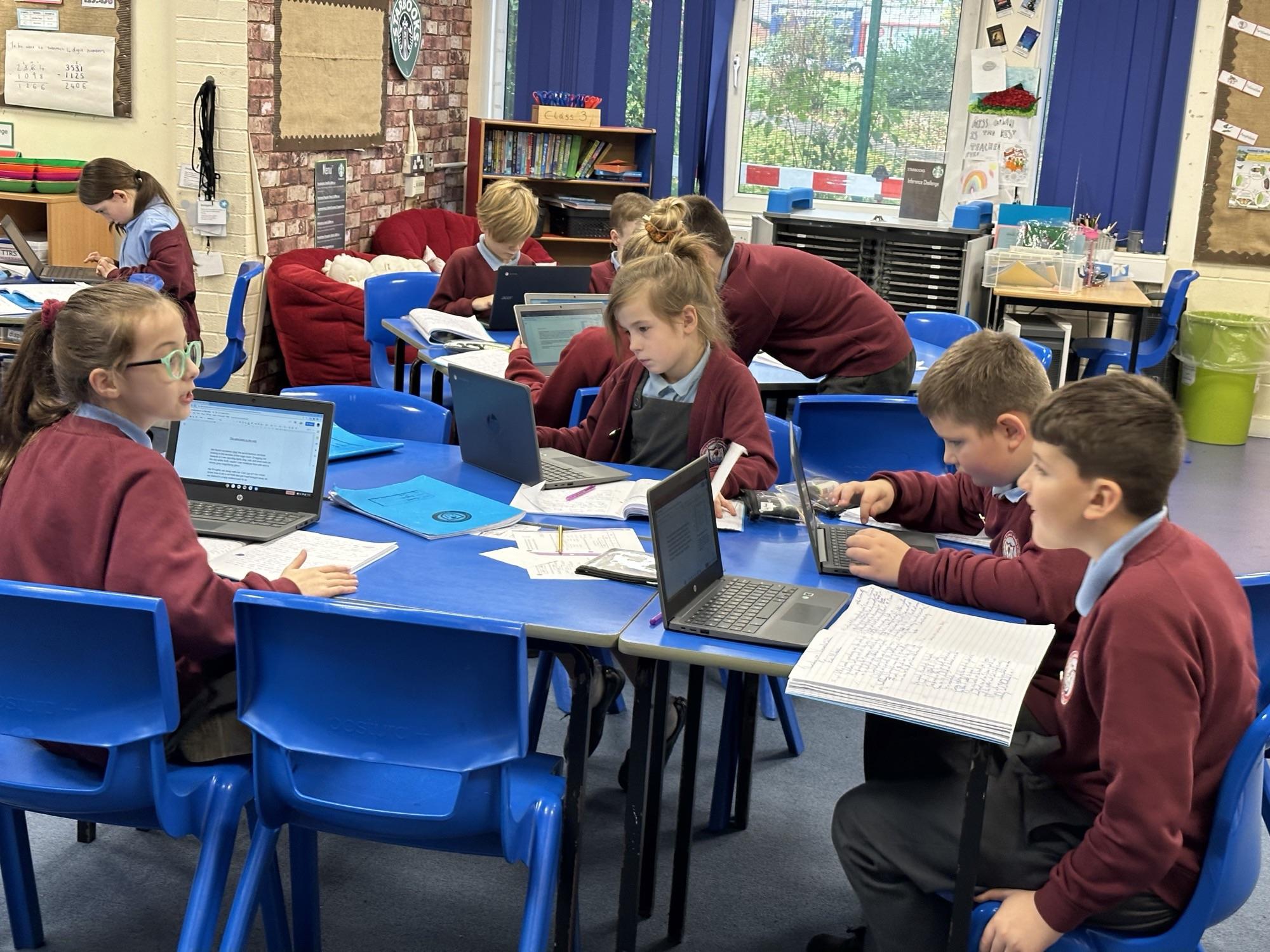
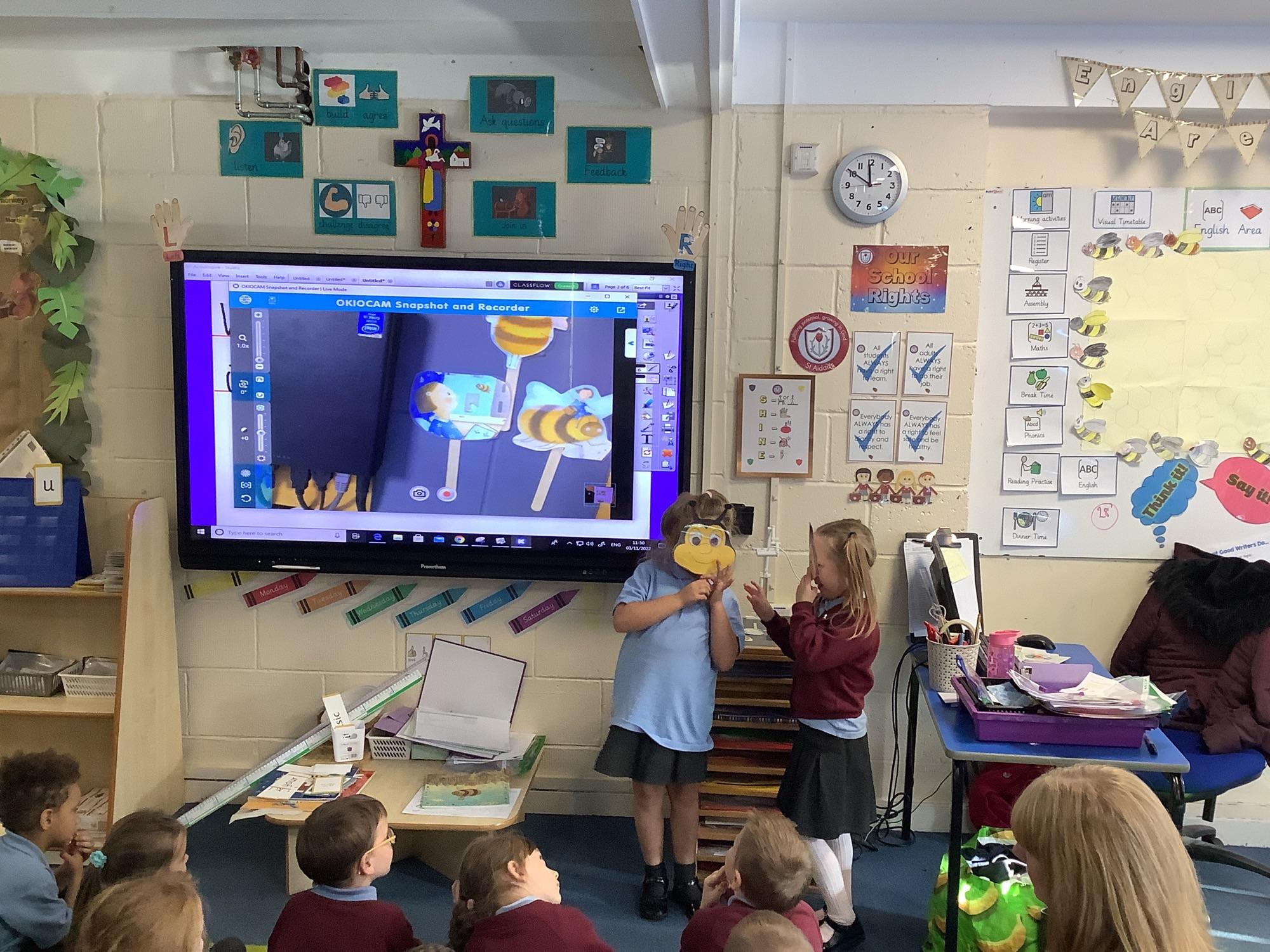
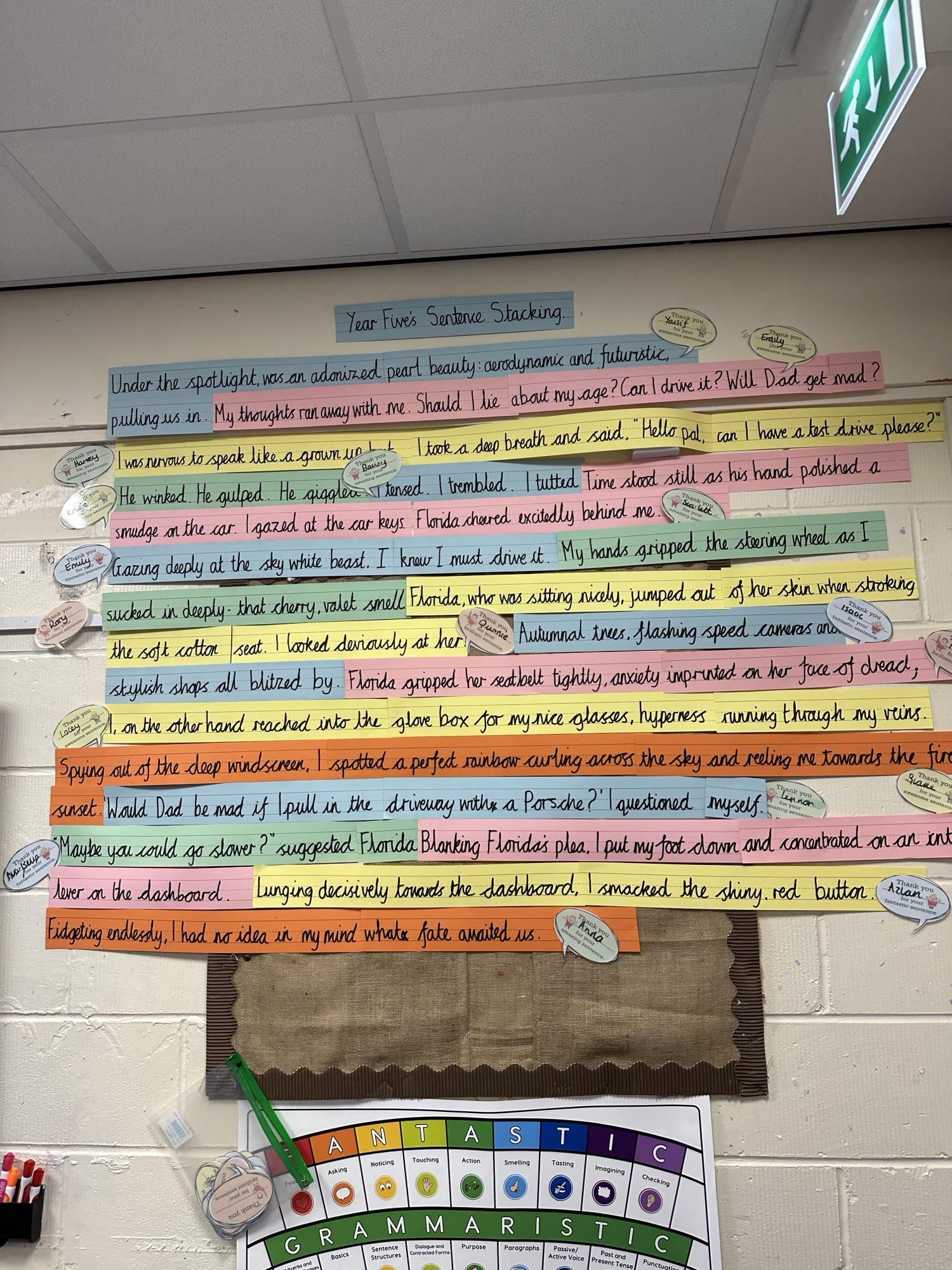
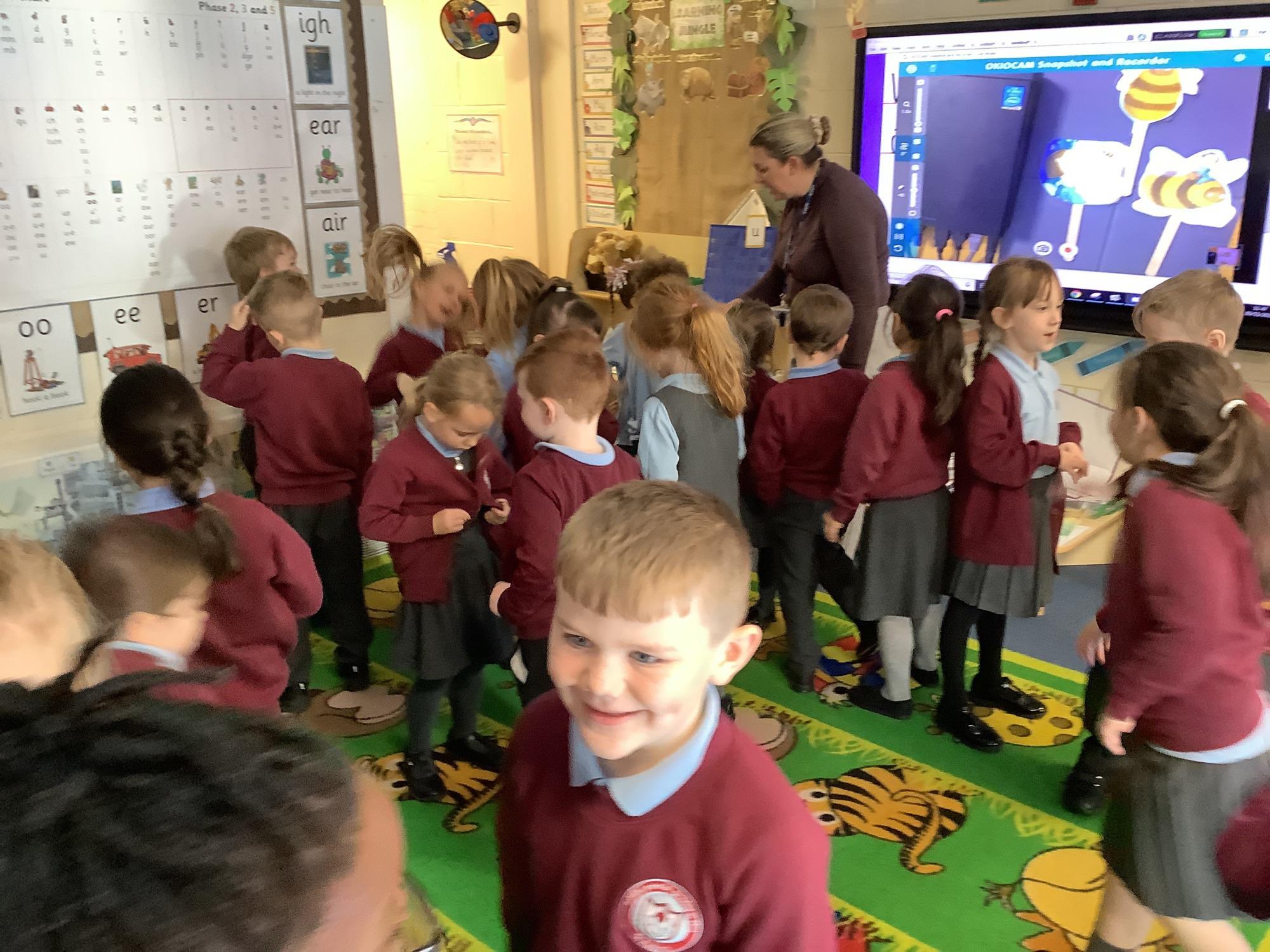
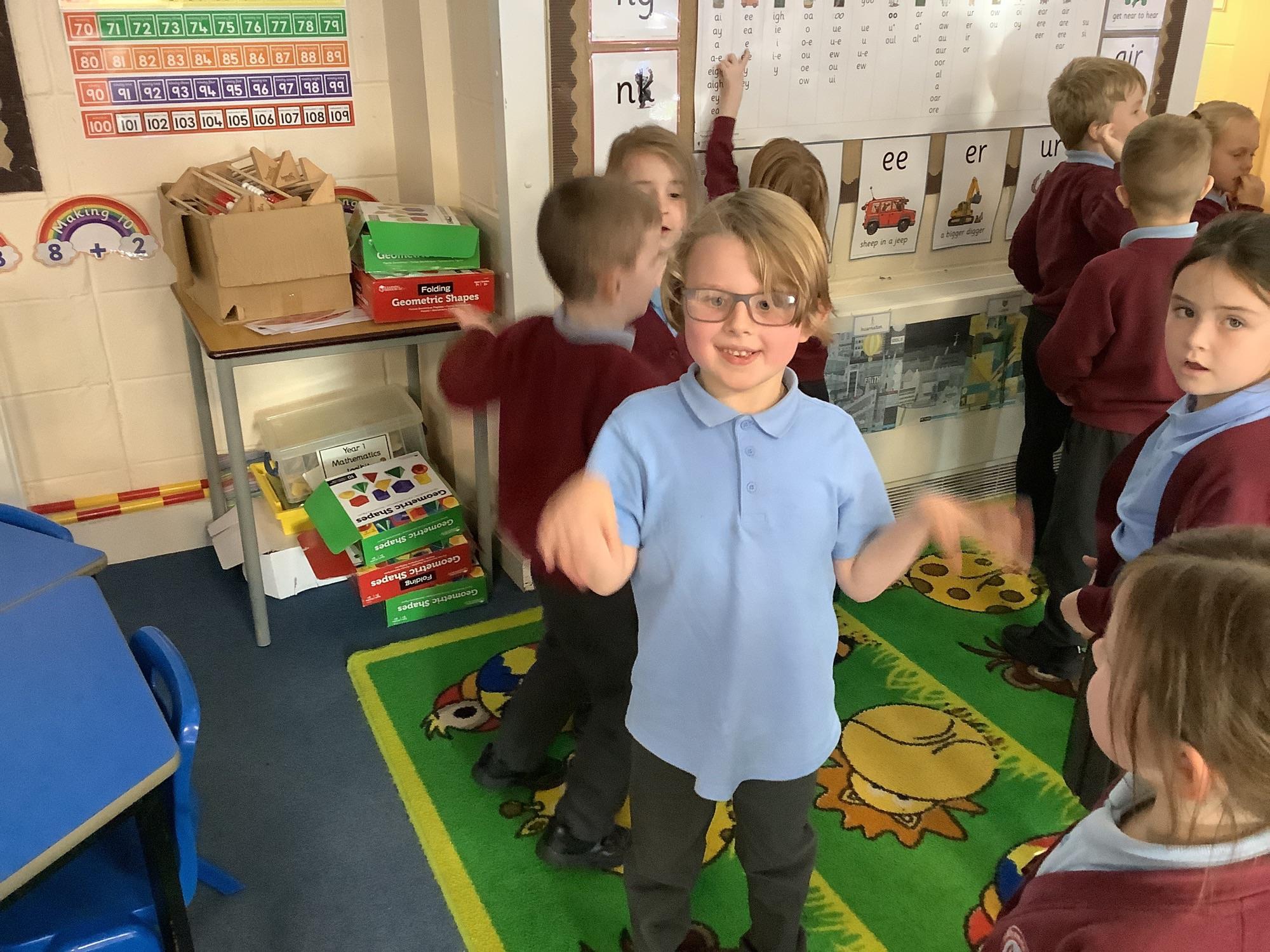
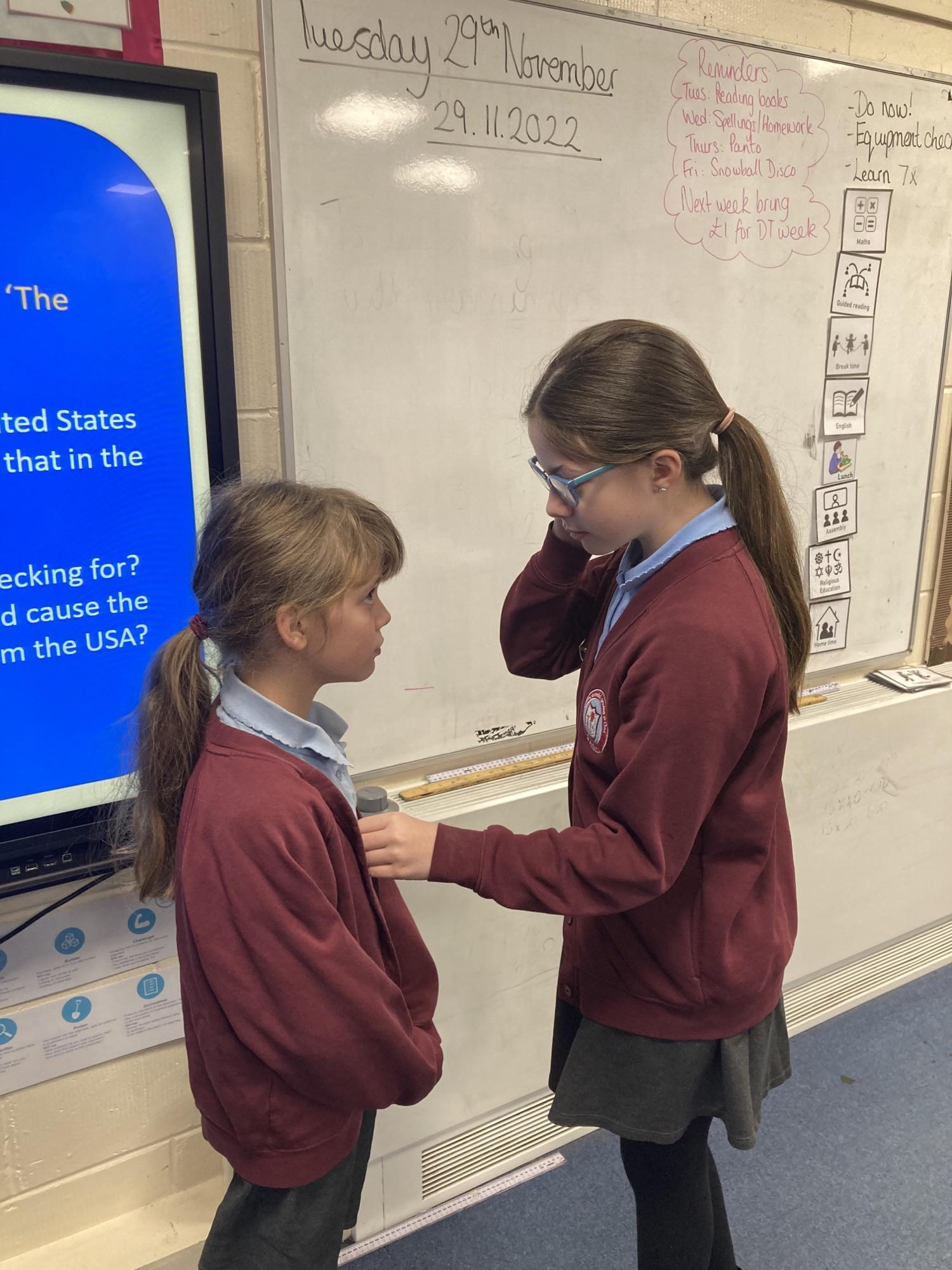
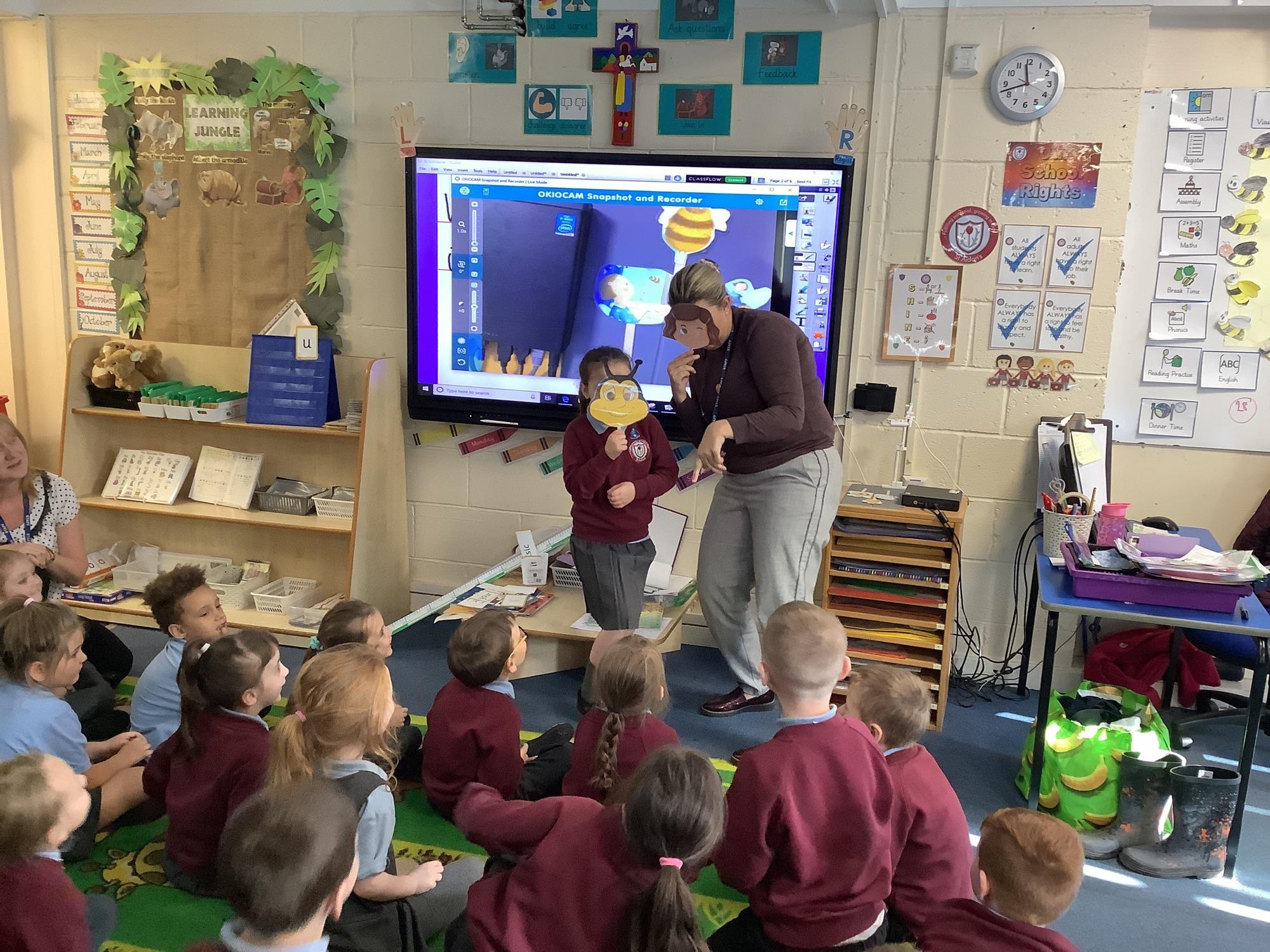
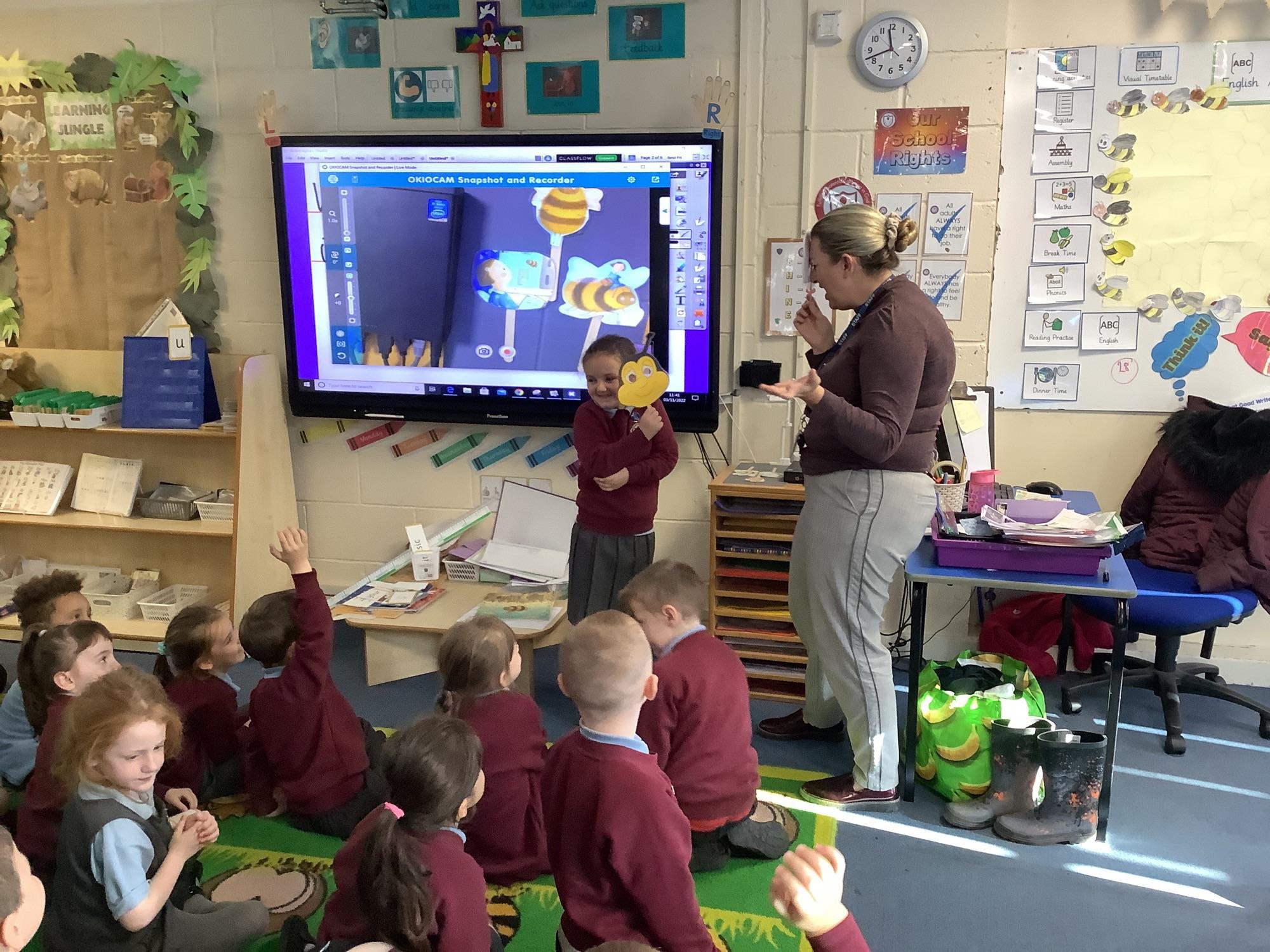
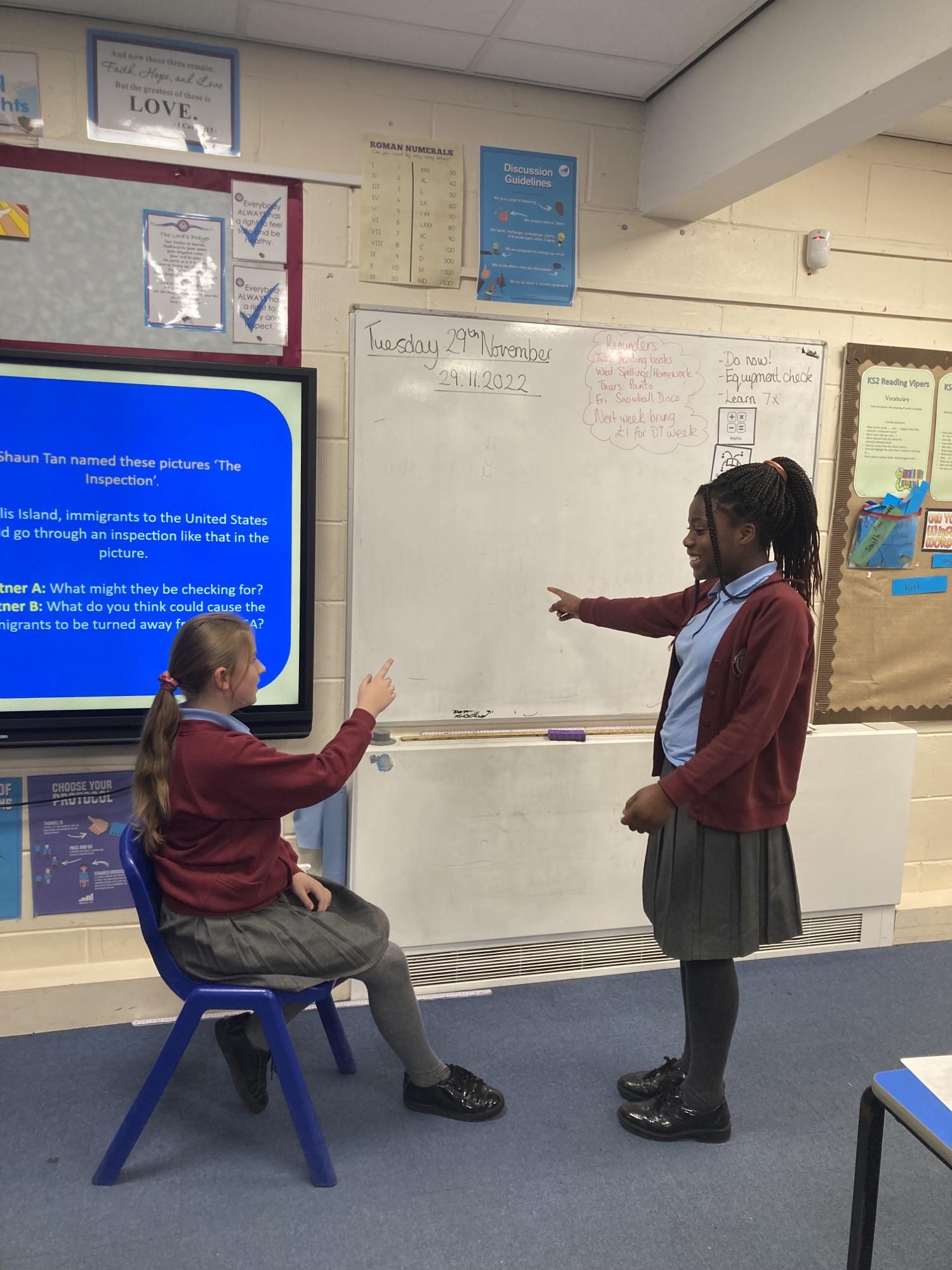





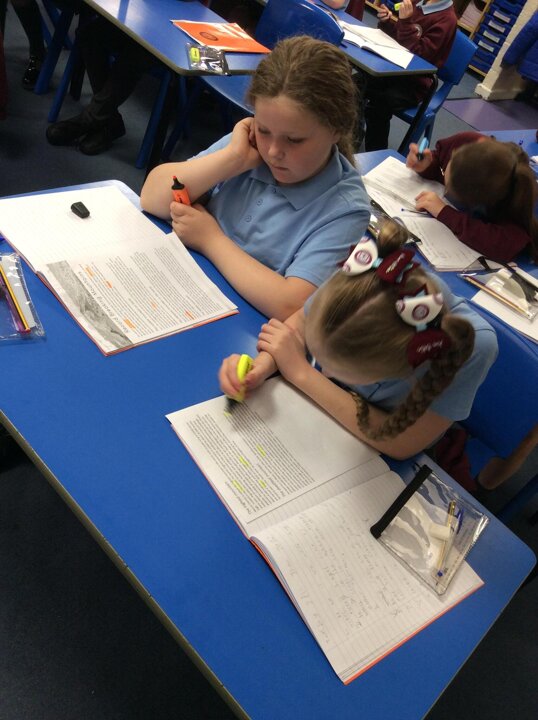
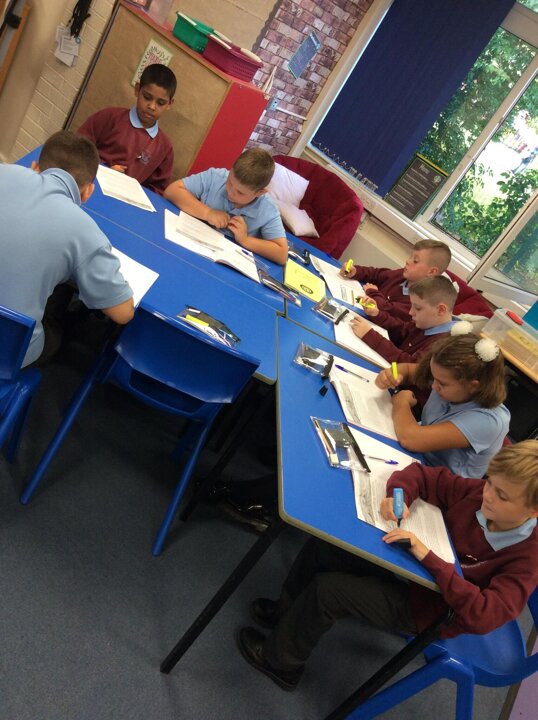
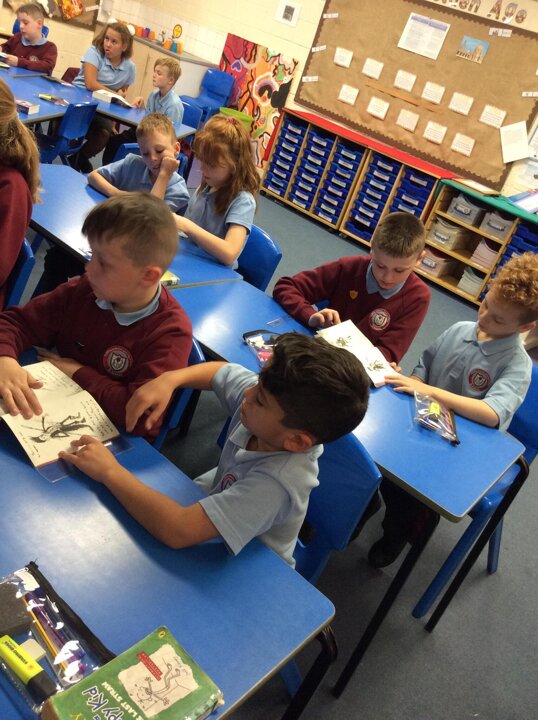
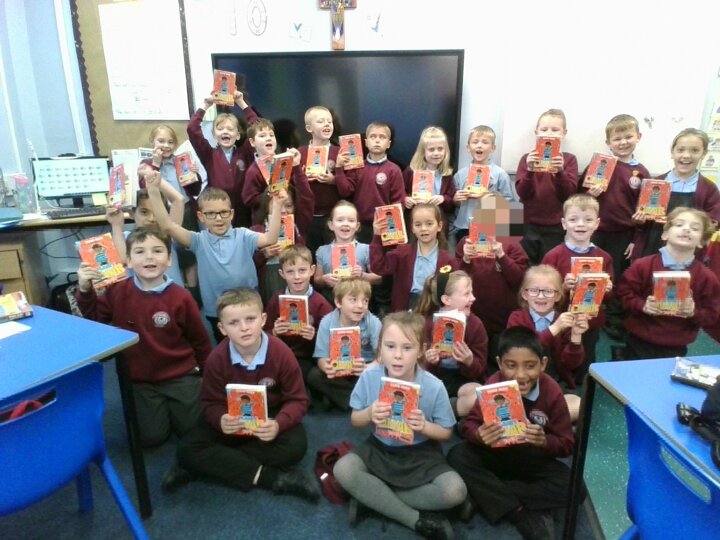
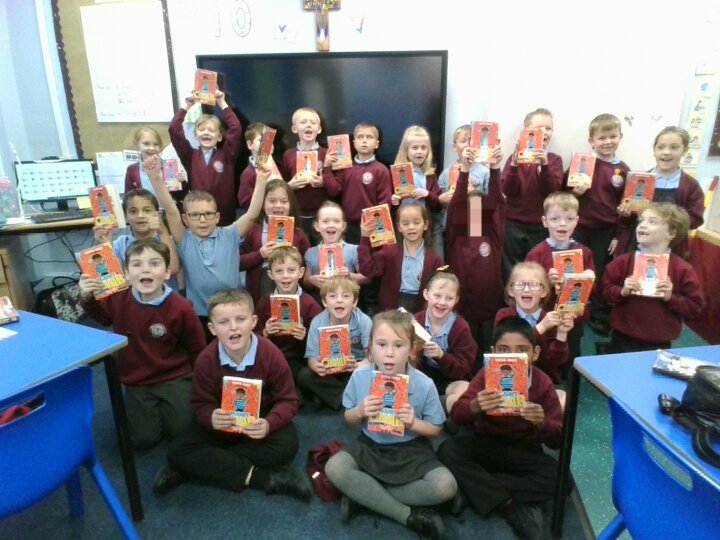
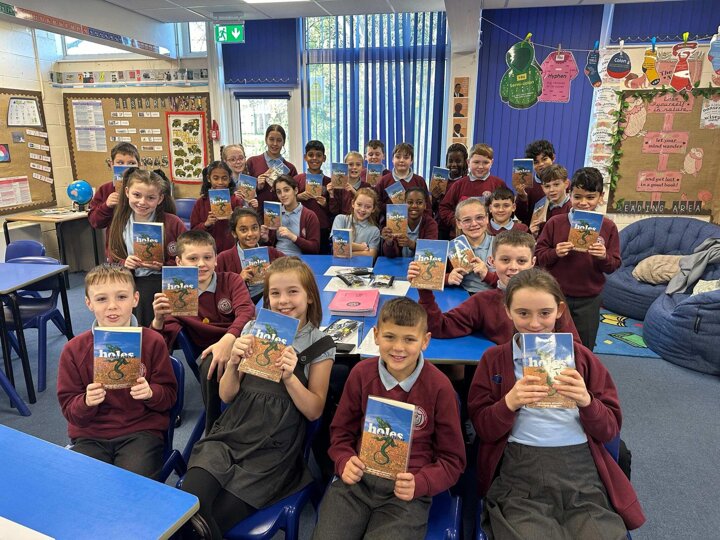
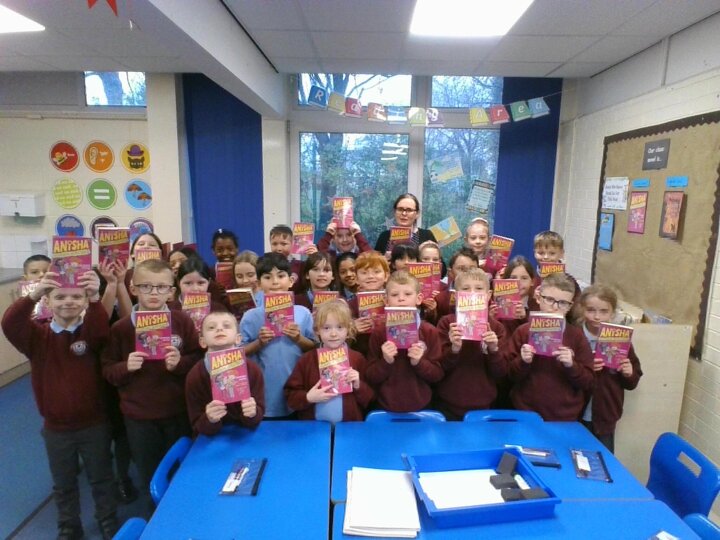
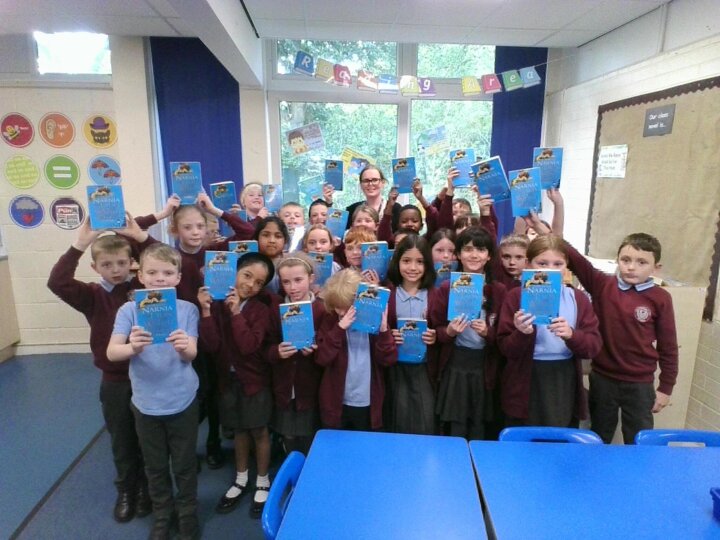

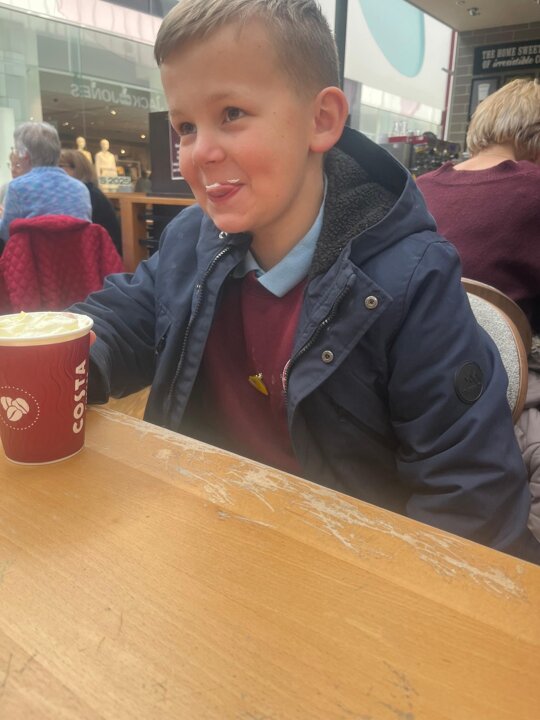
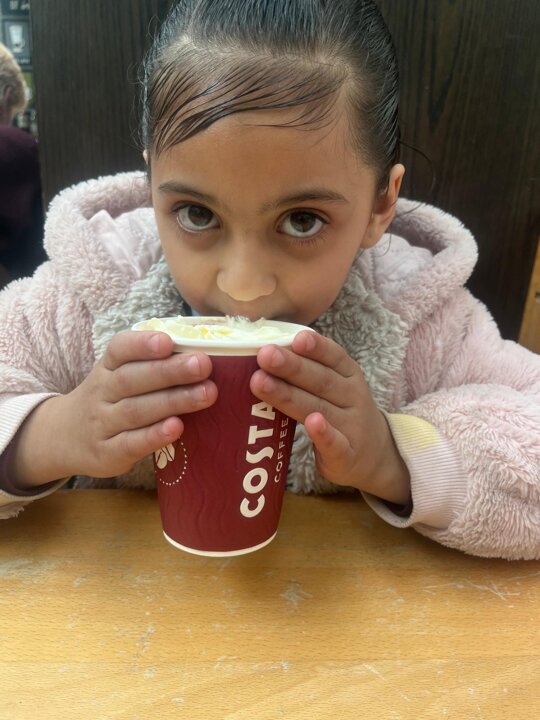
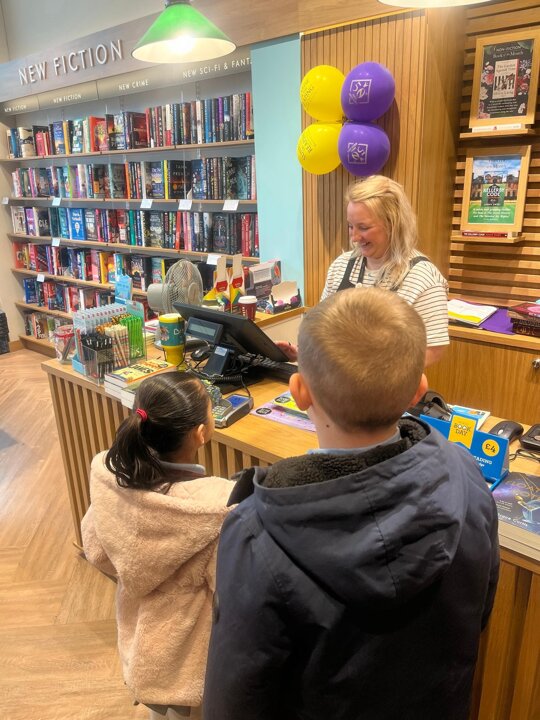
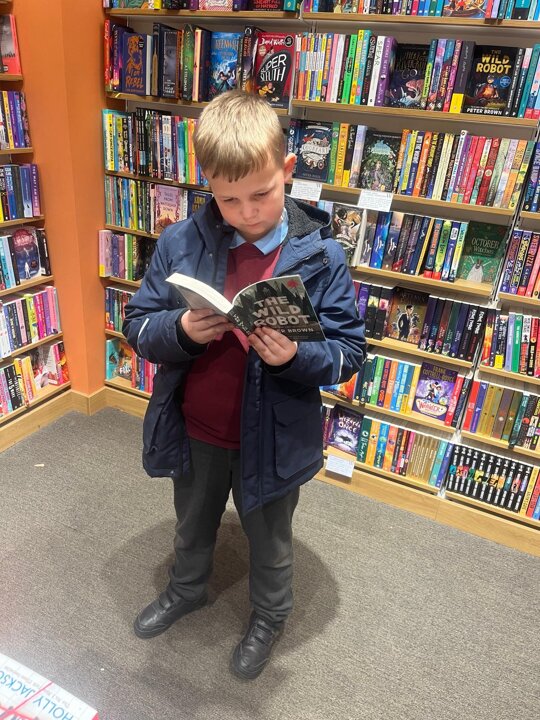
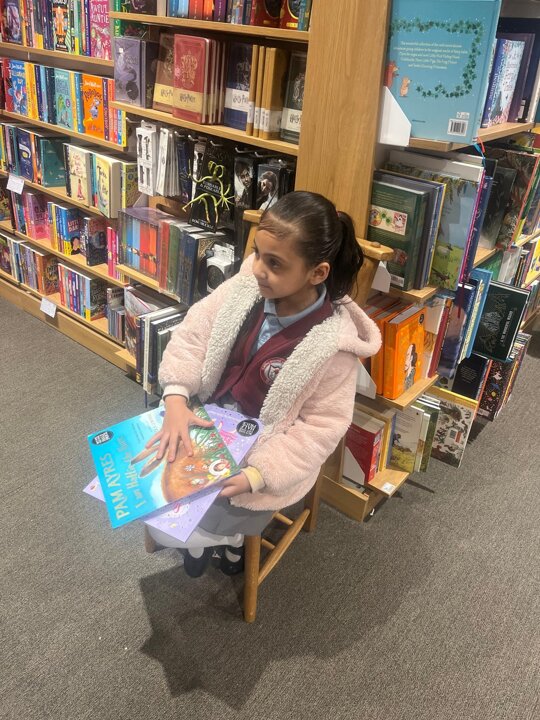
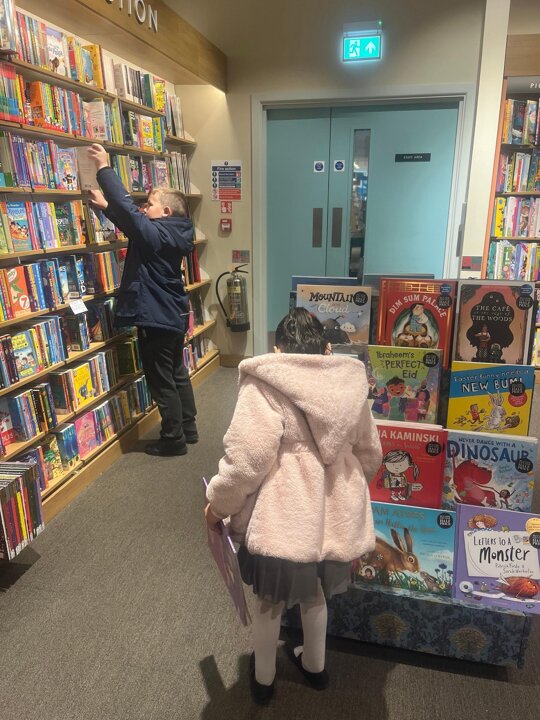
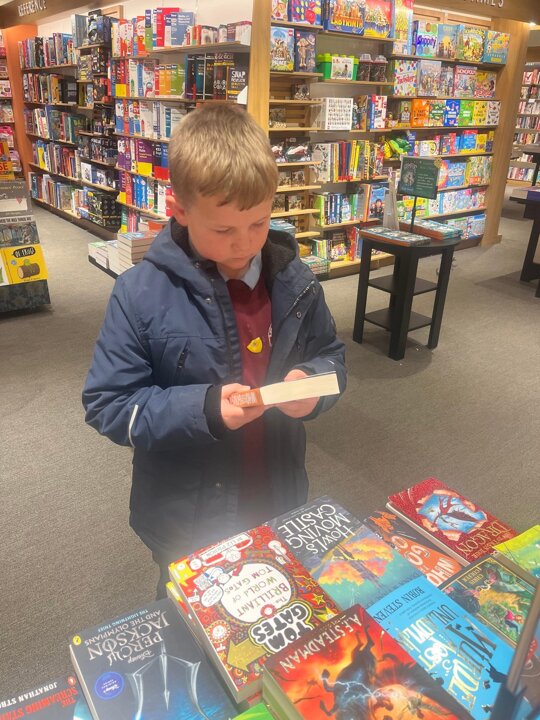
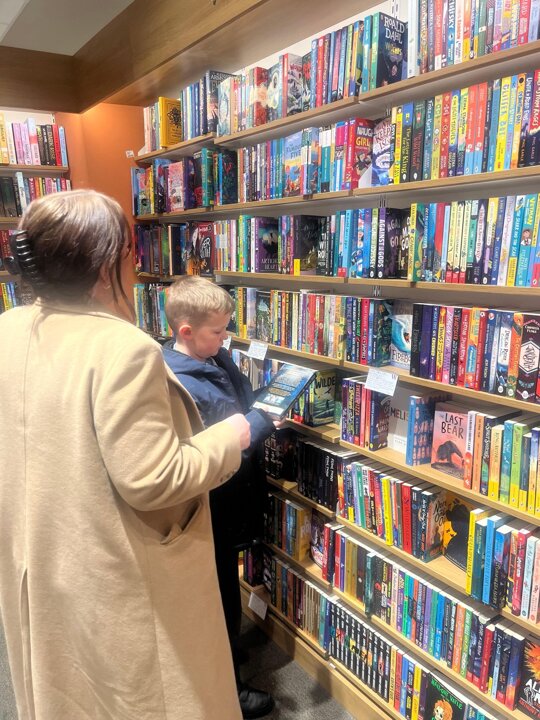
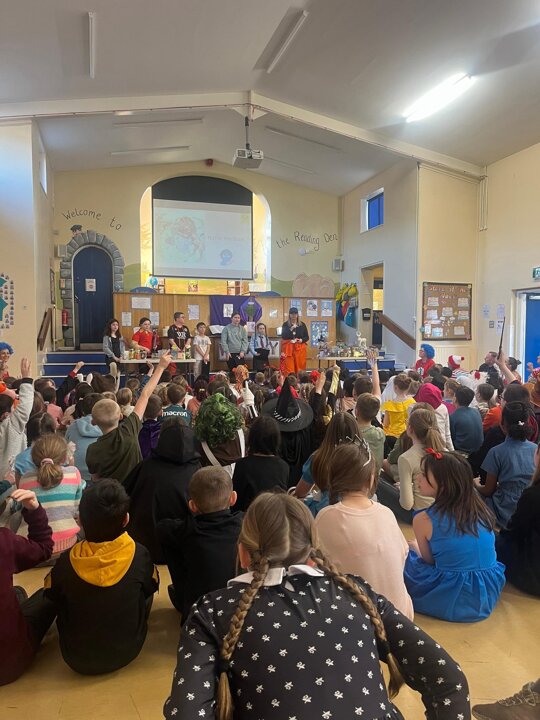
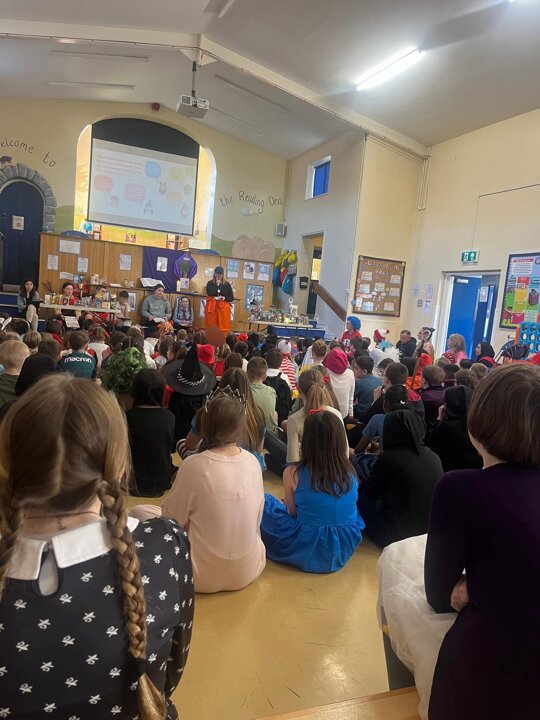
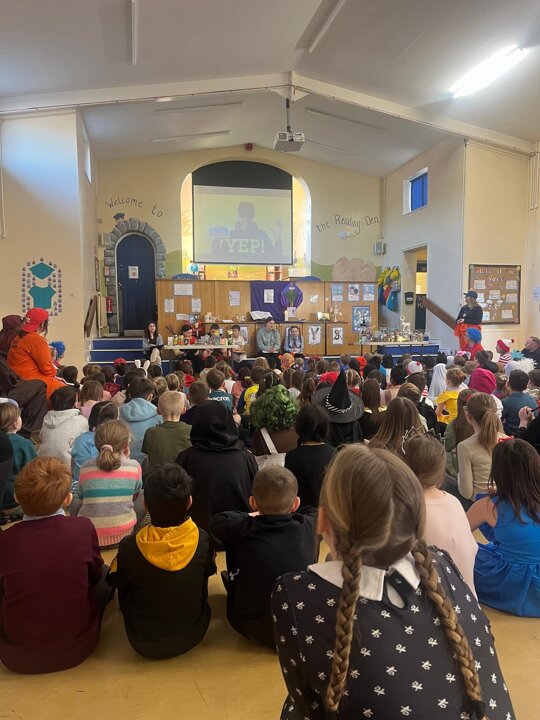
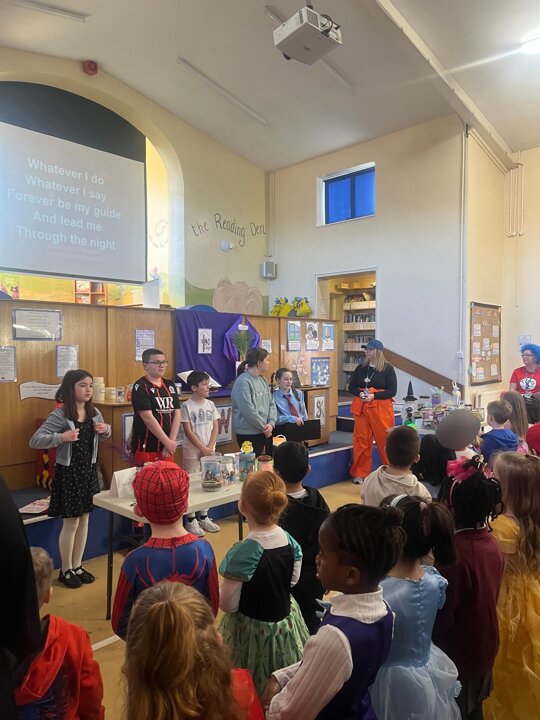
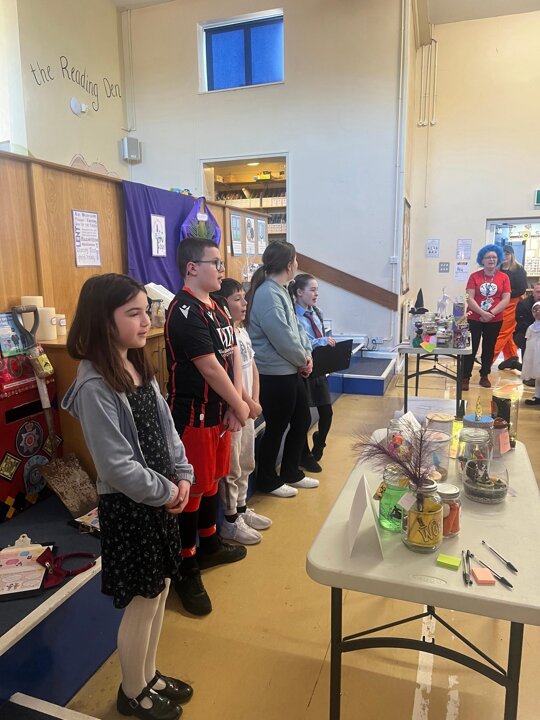
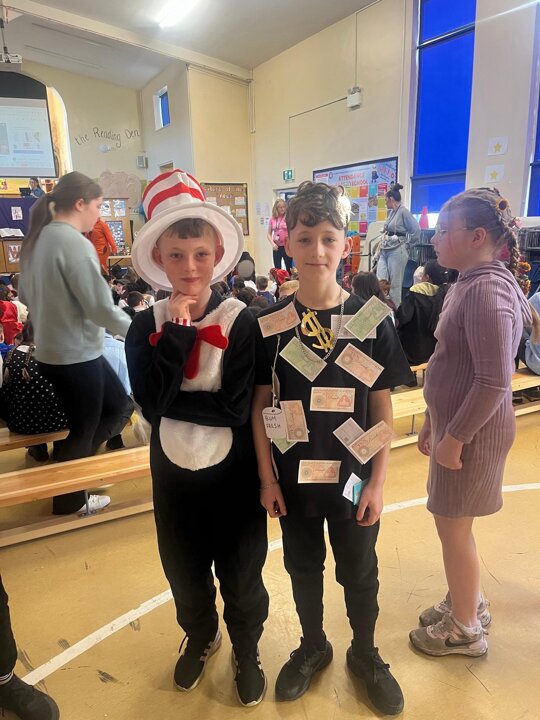
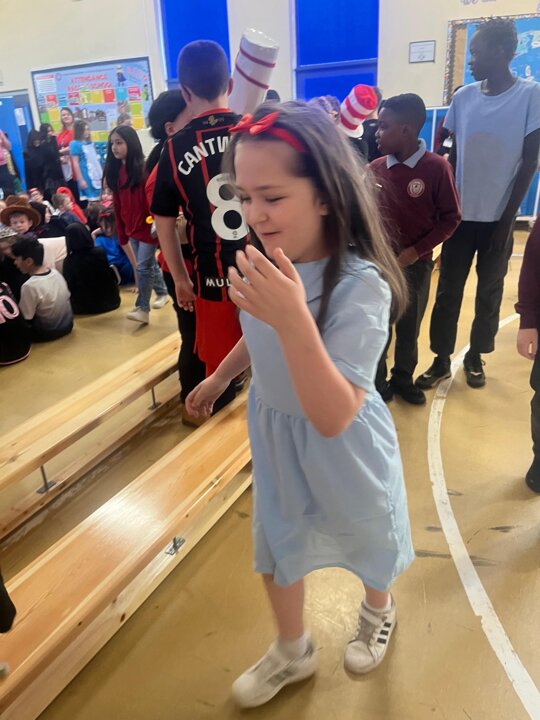
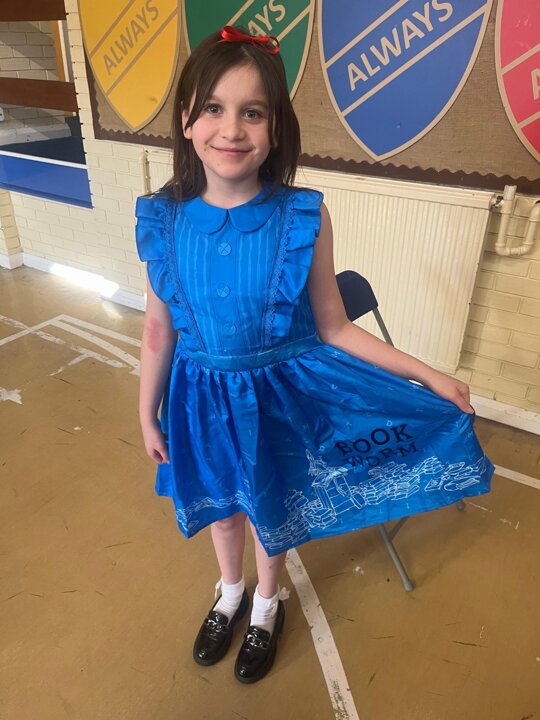
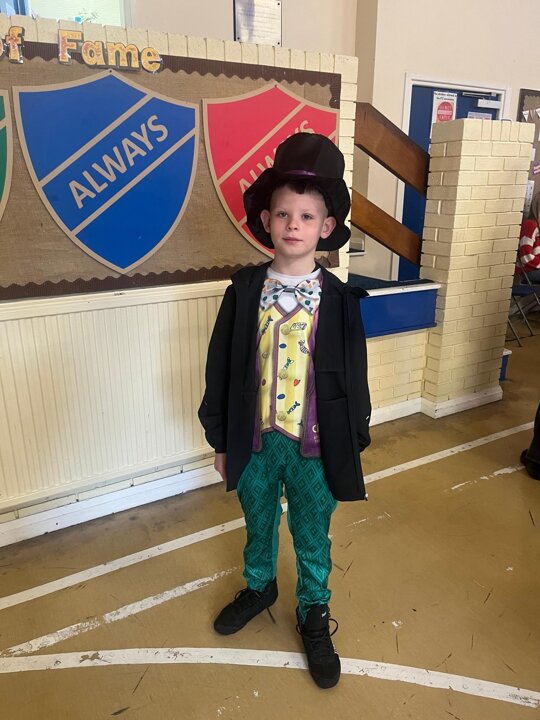
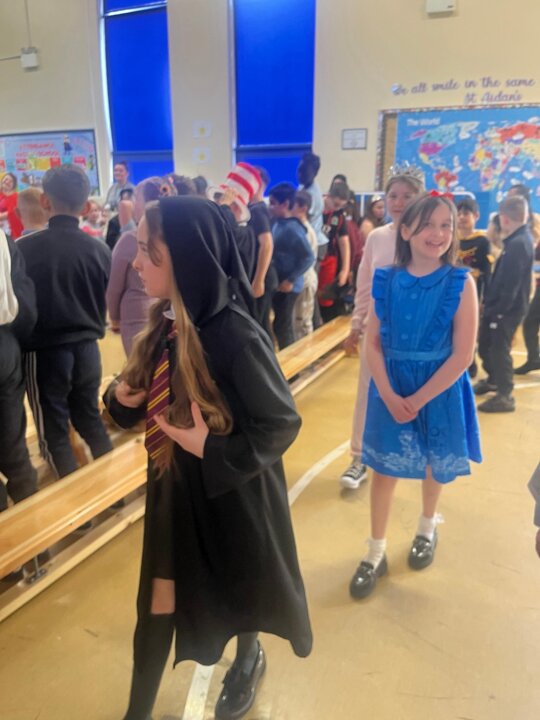
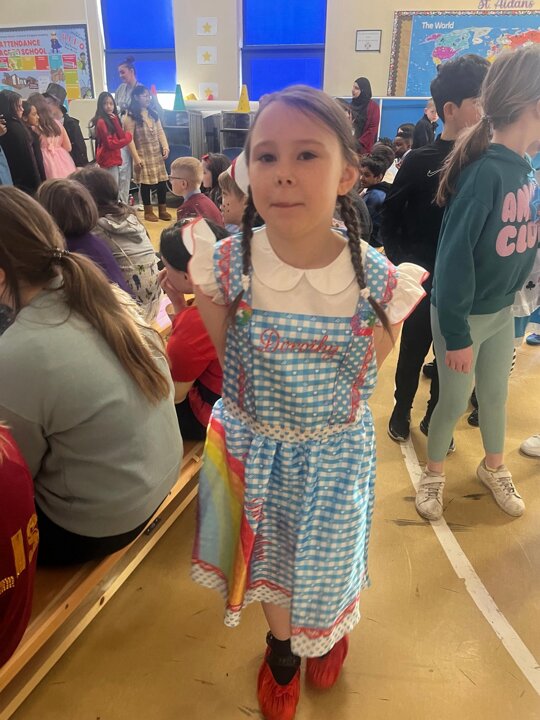
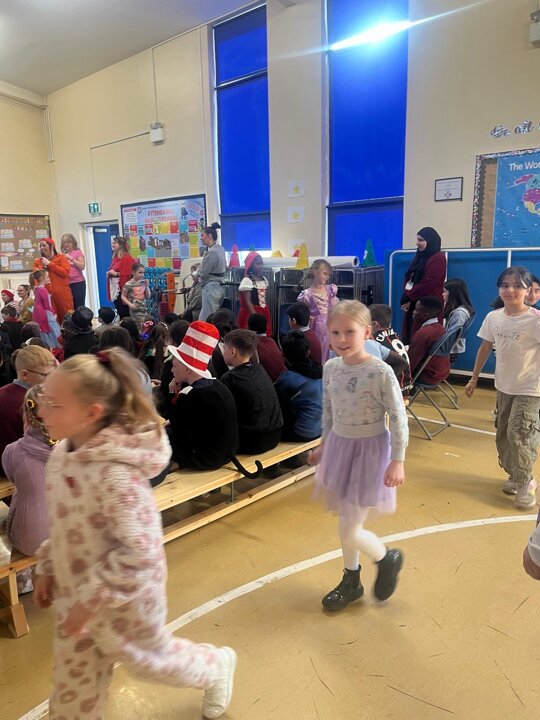
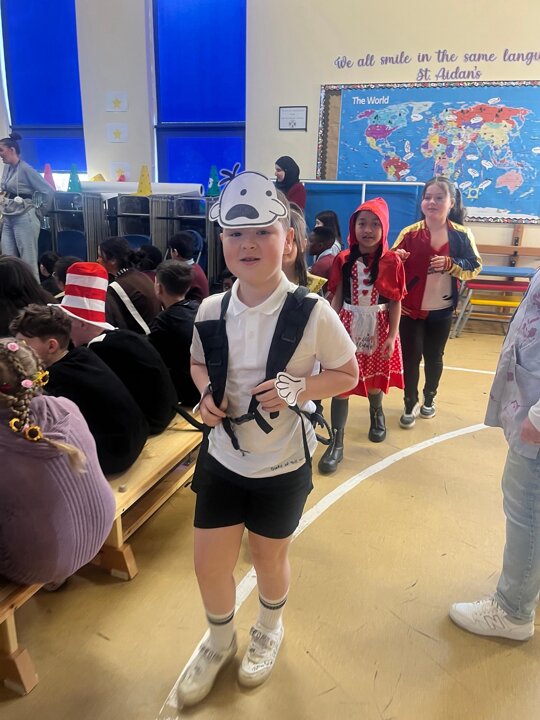
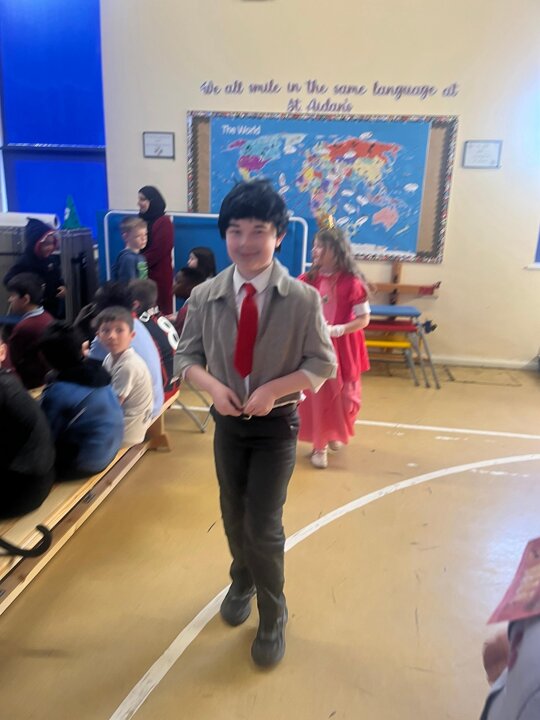
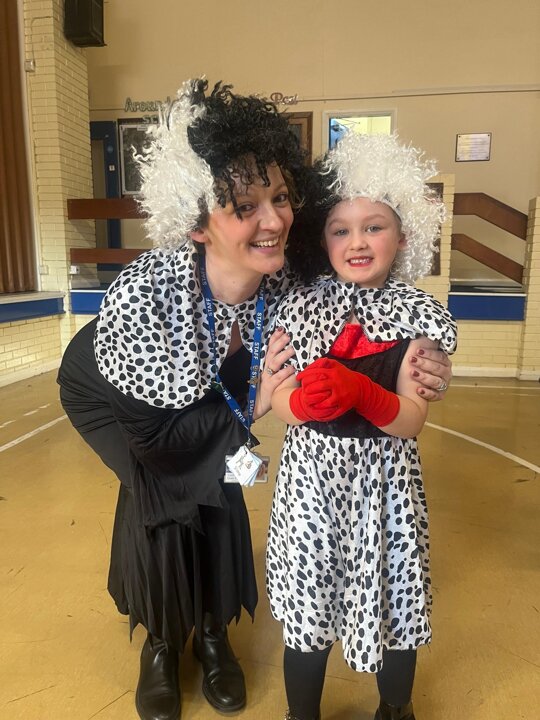
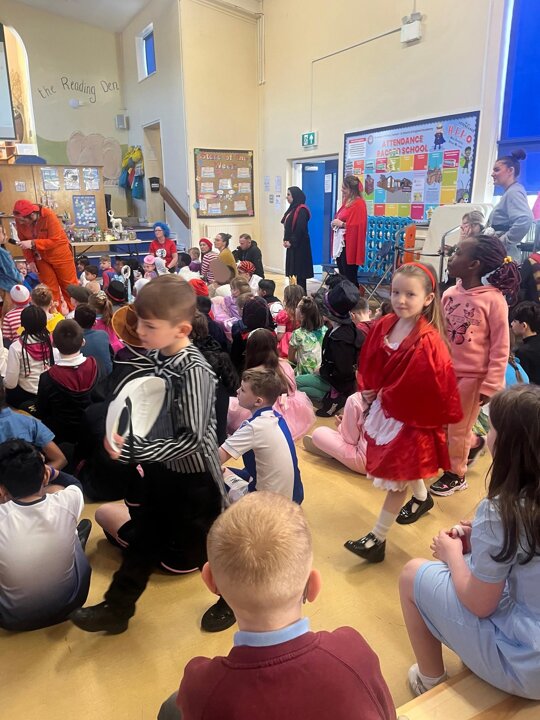
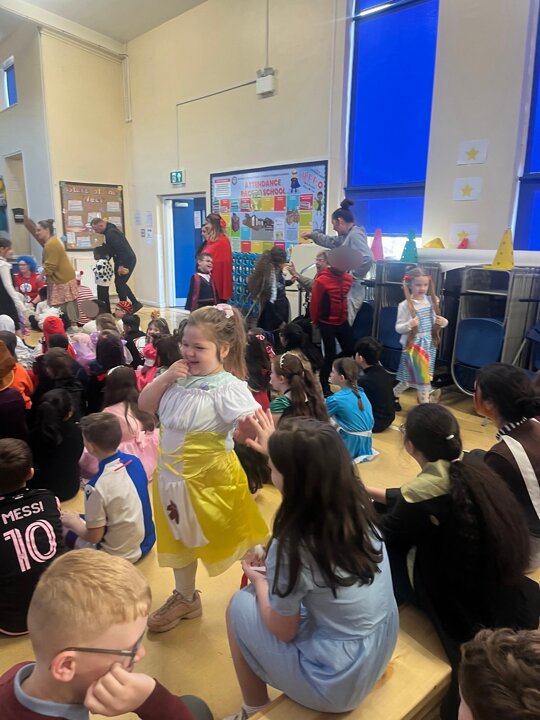
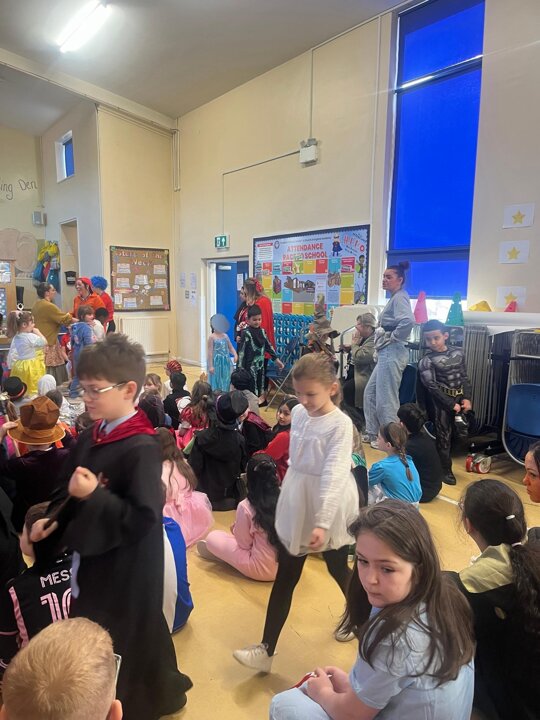
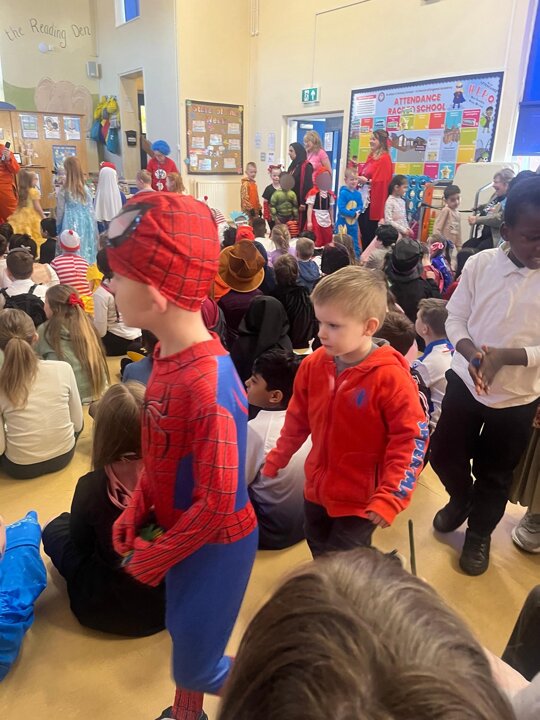
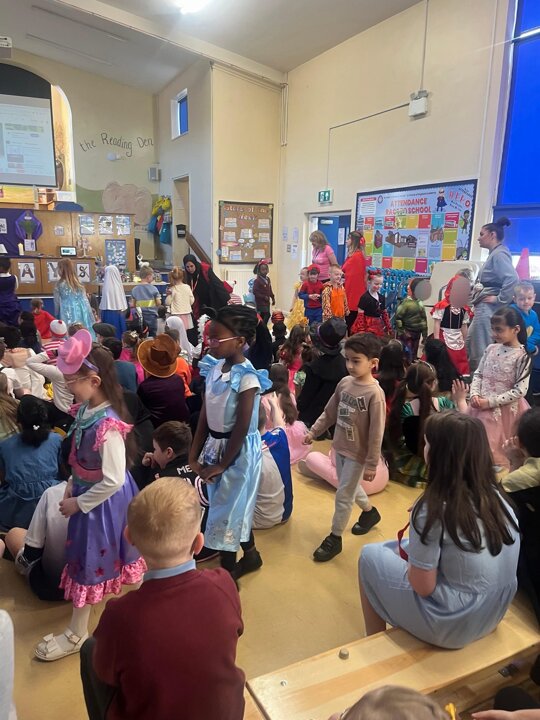
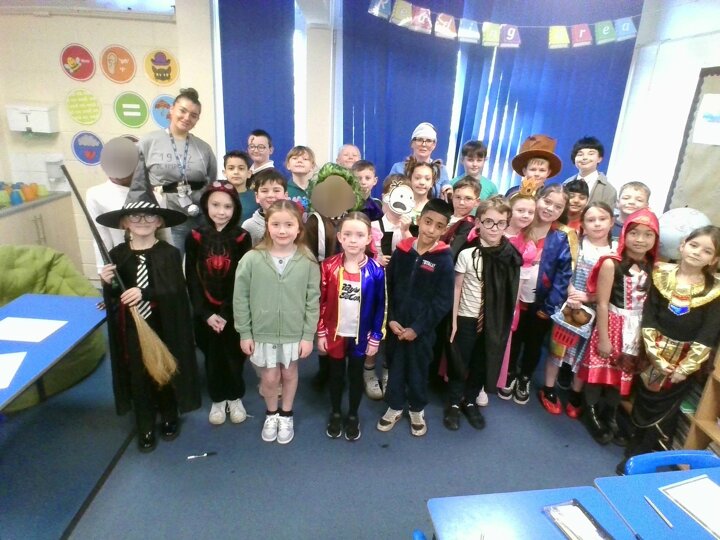
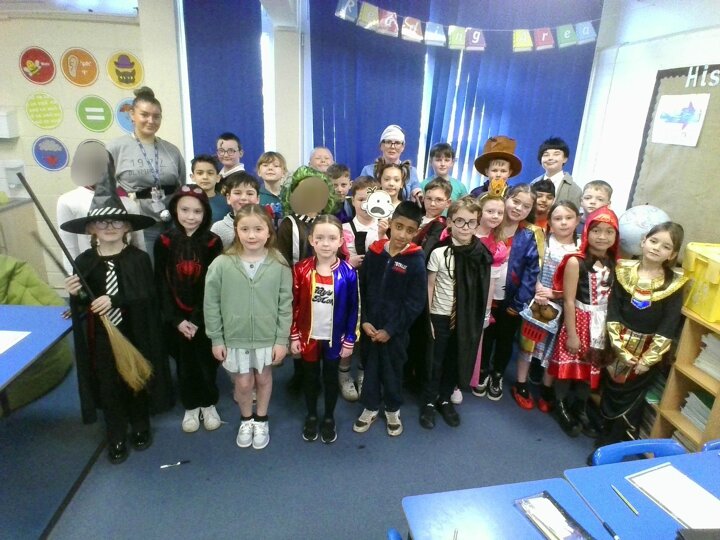
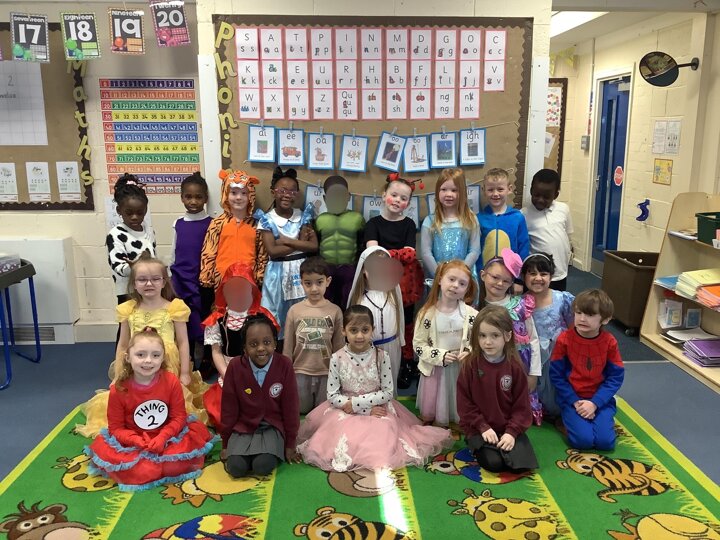
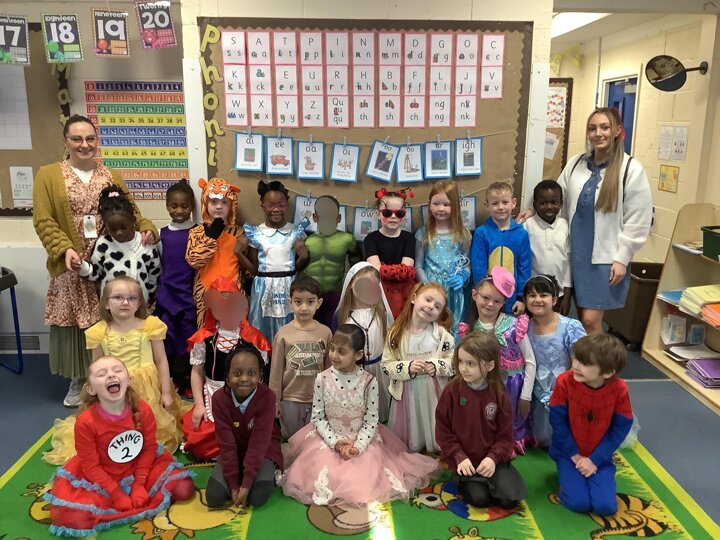
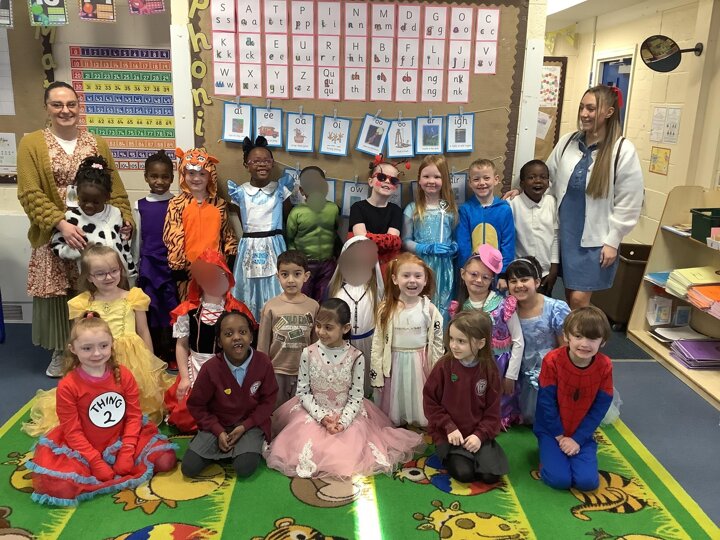
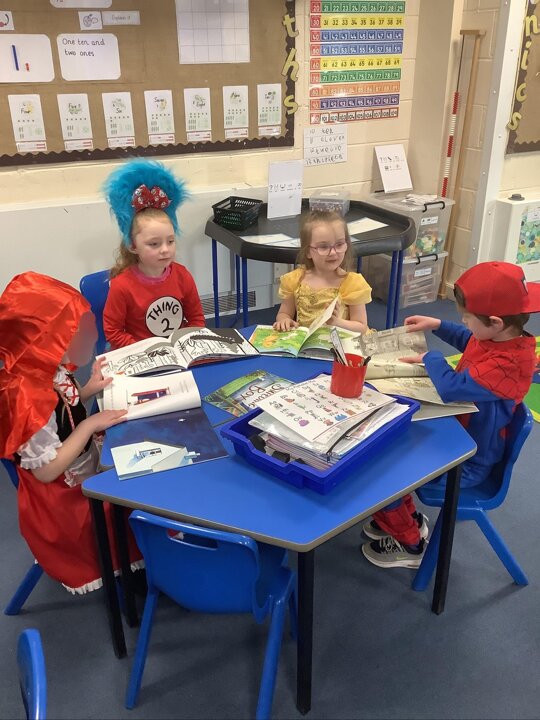
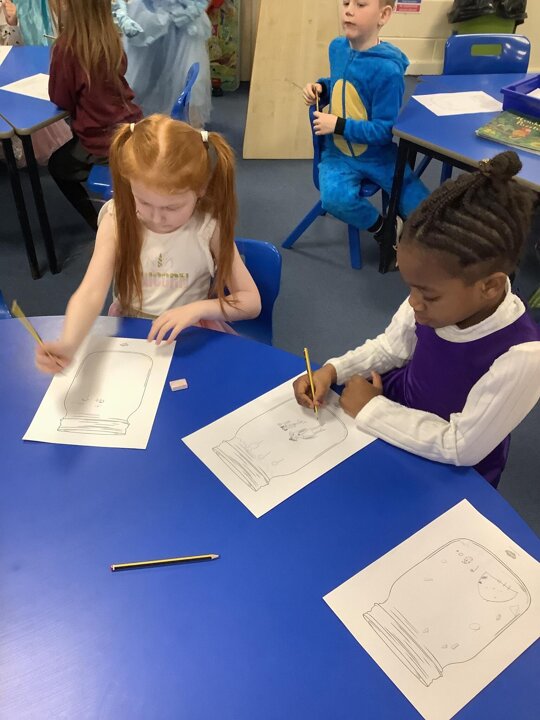
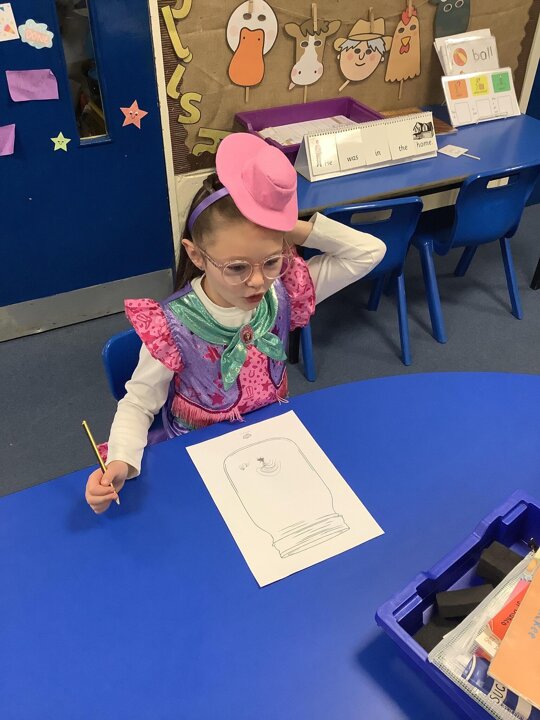
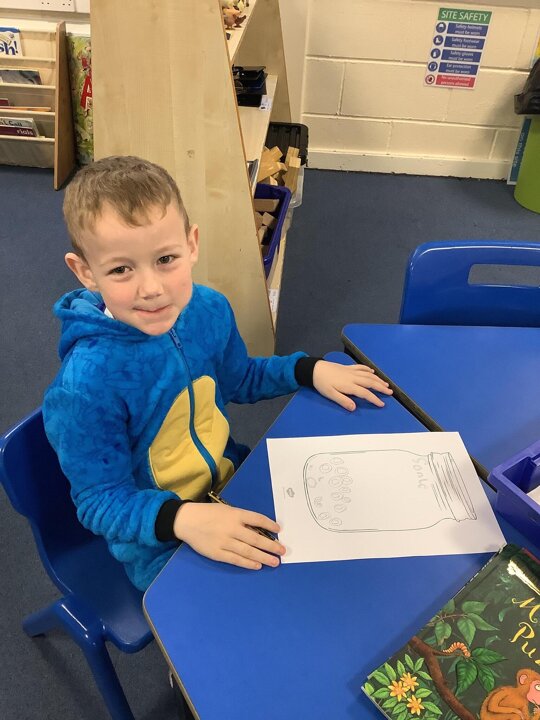
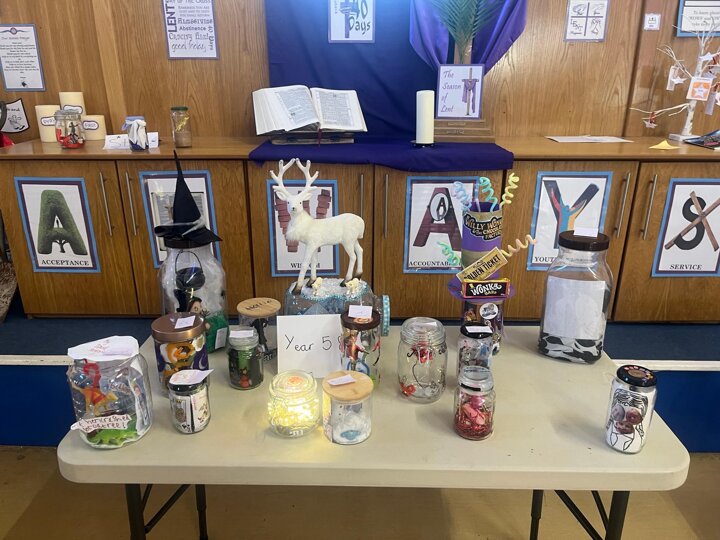
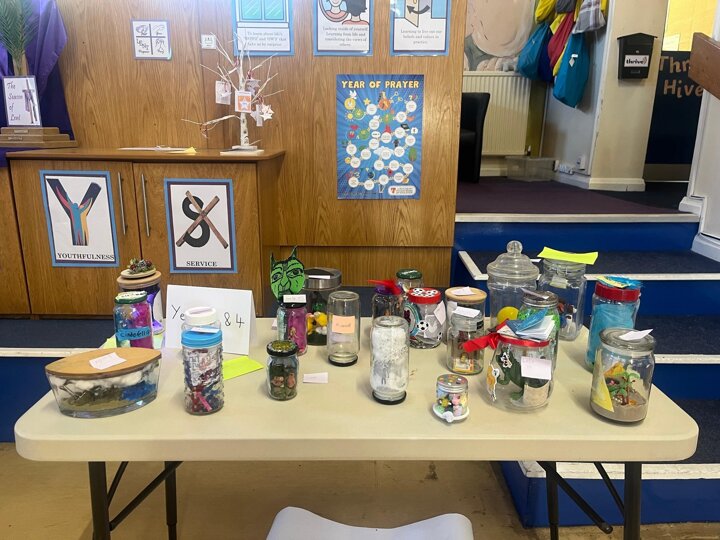
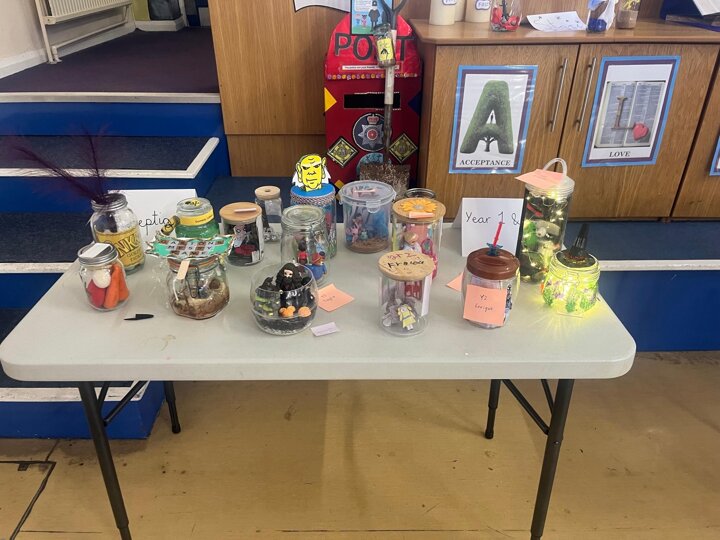
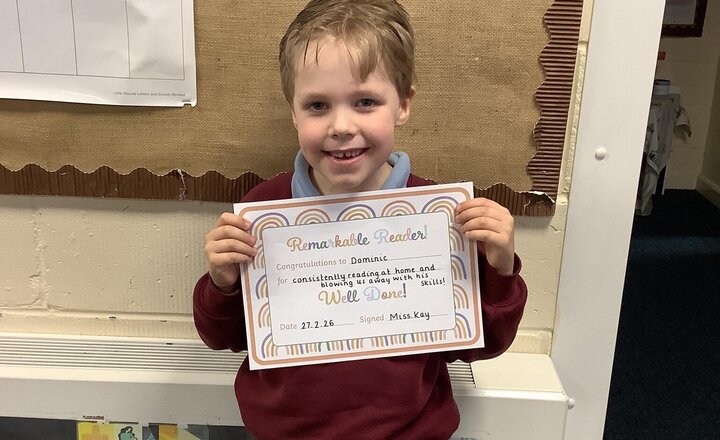
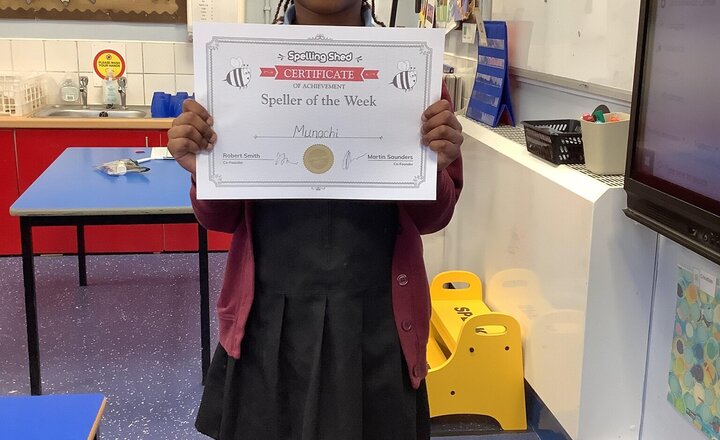
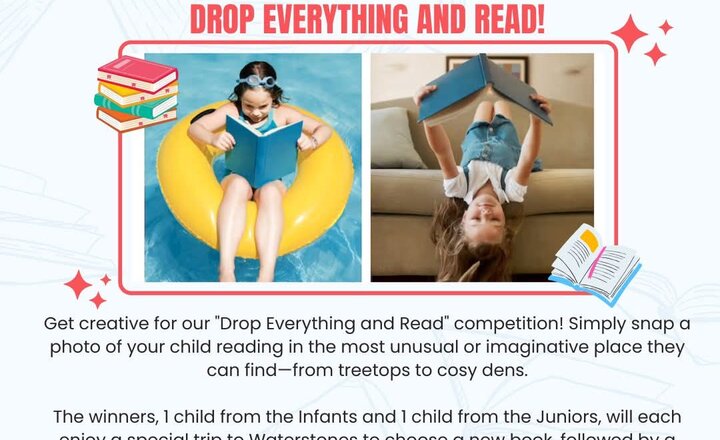
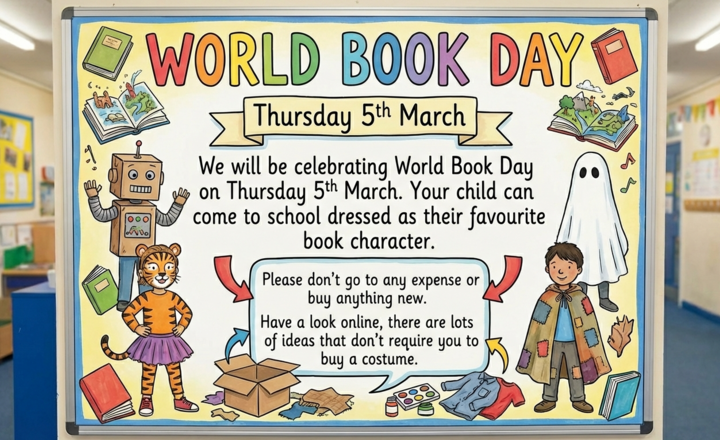
.png)
.png)
.png)
